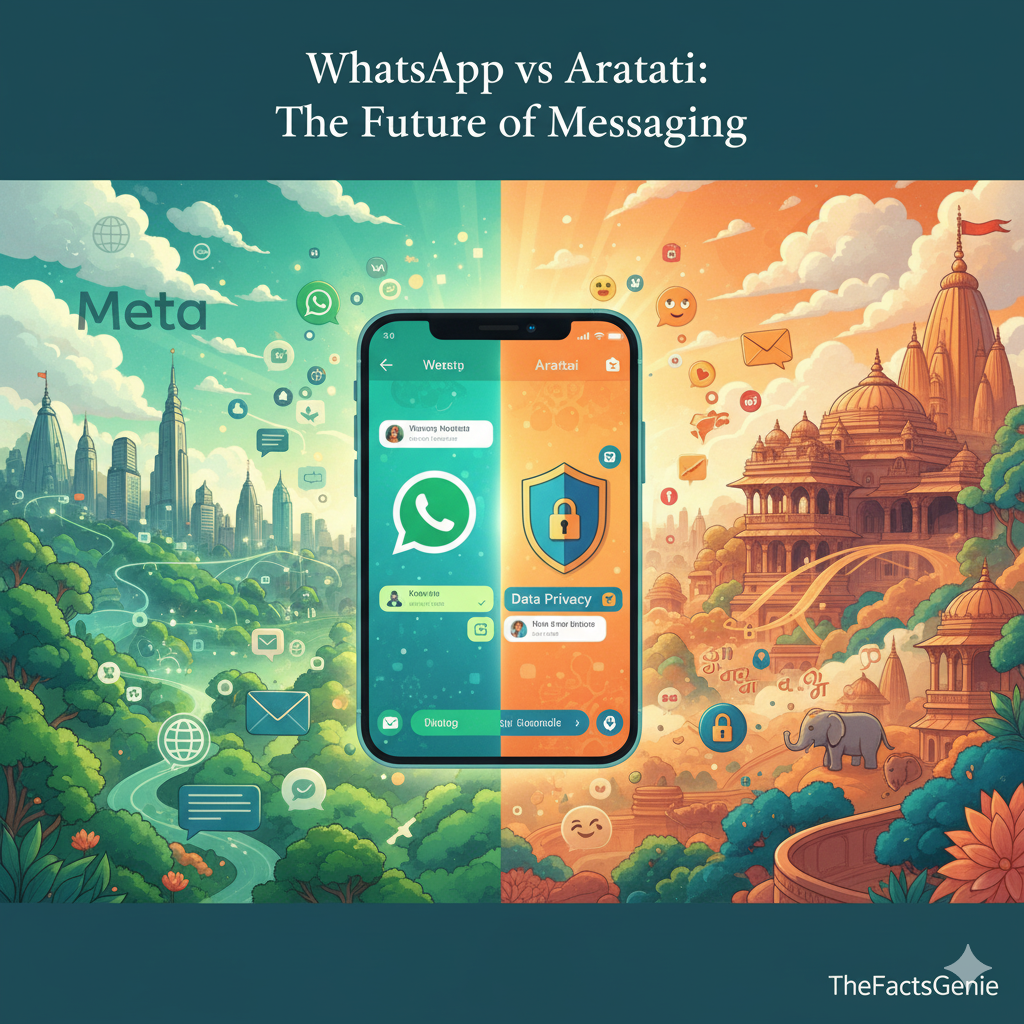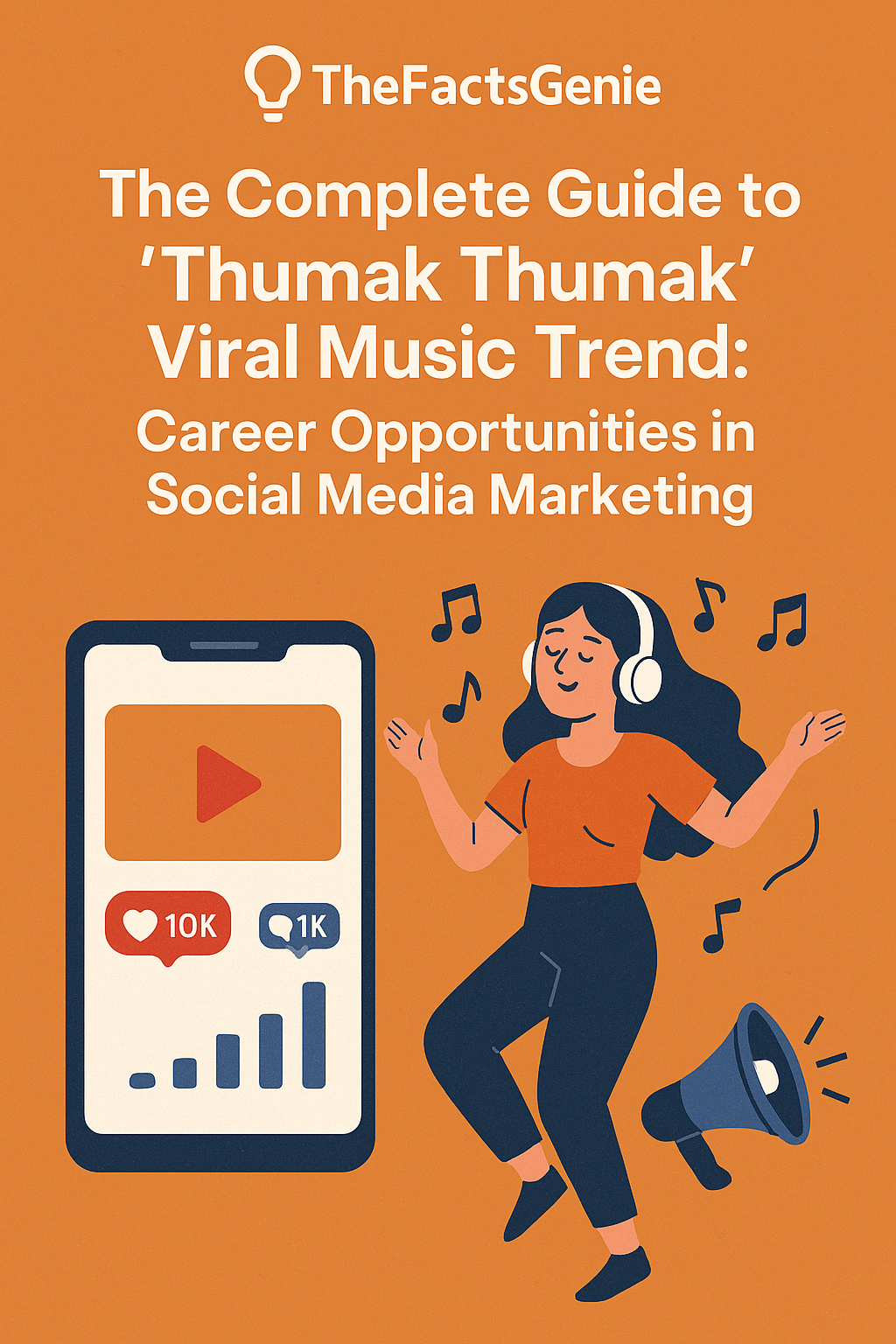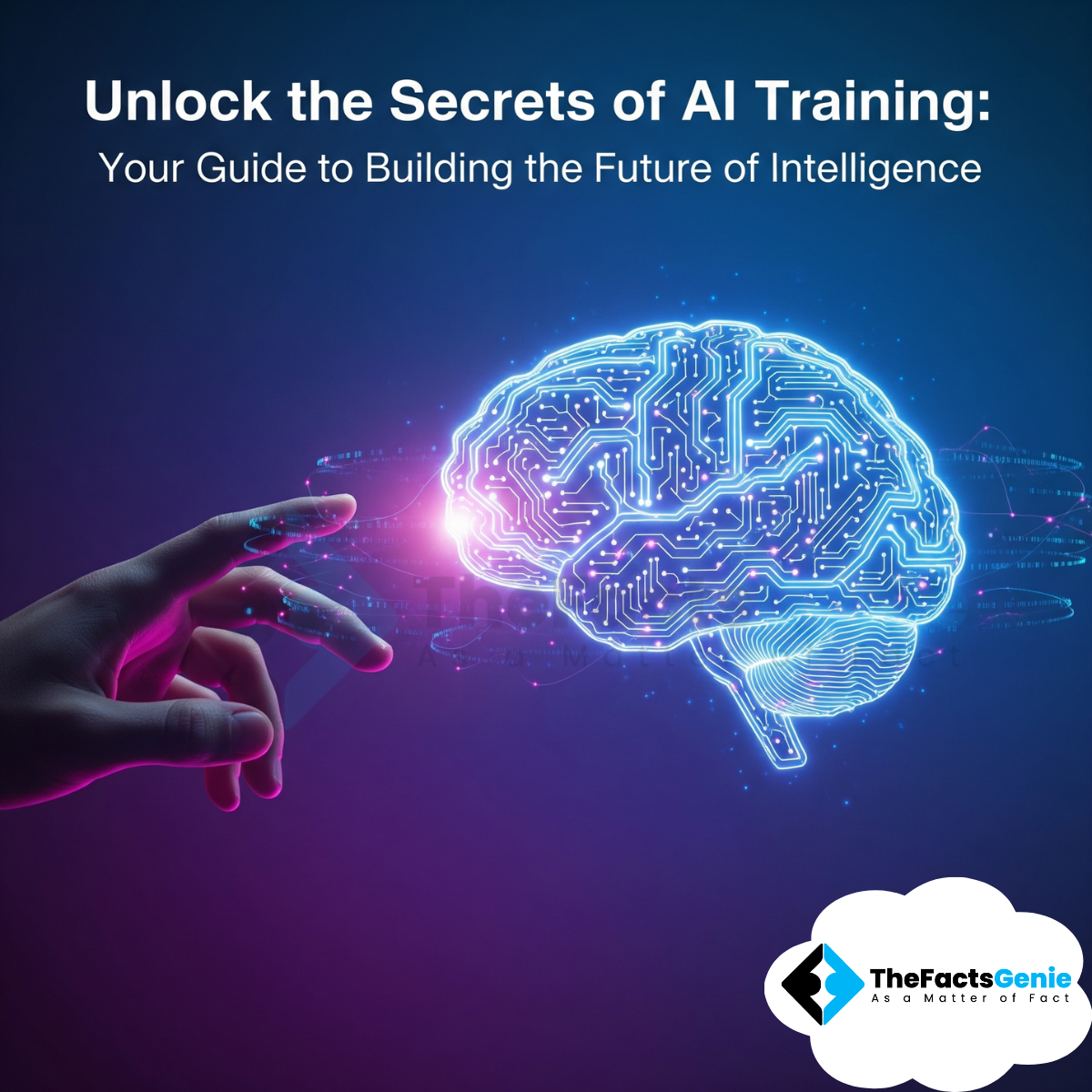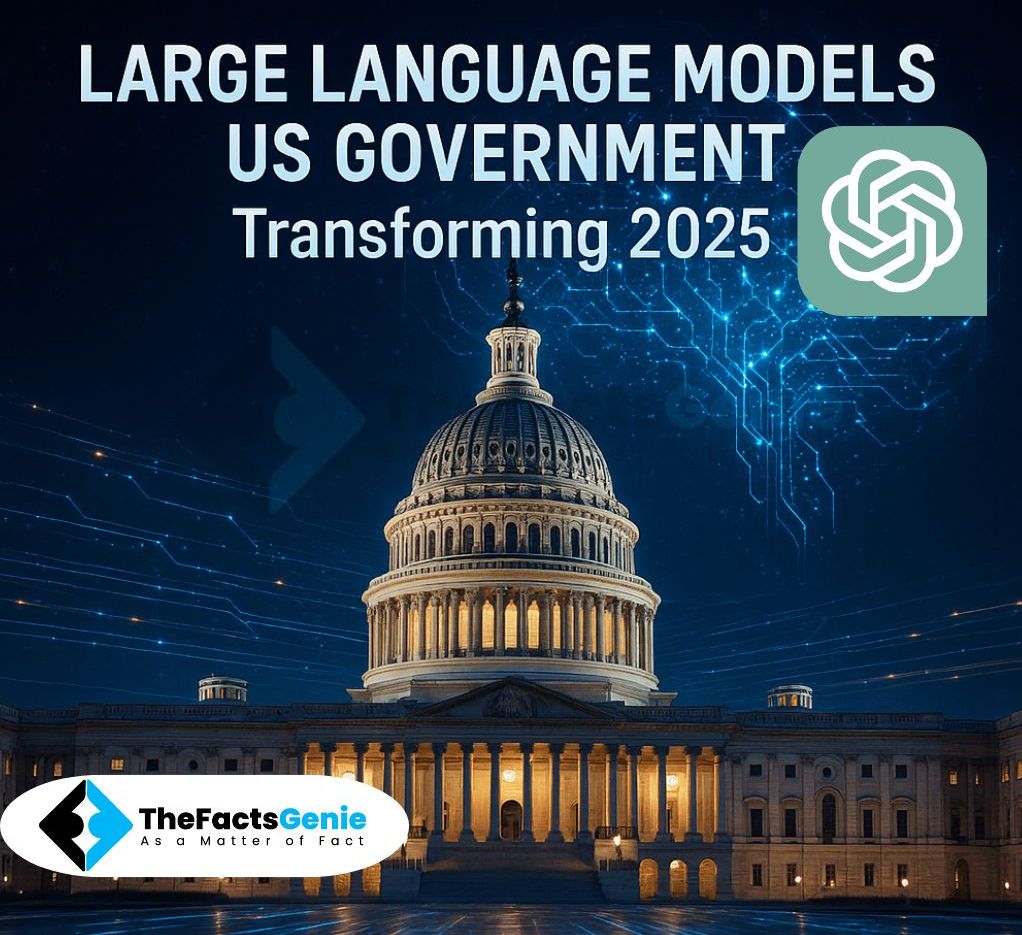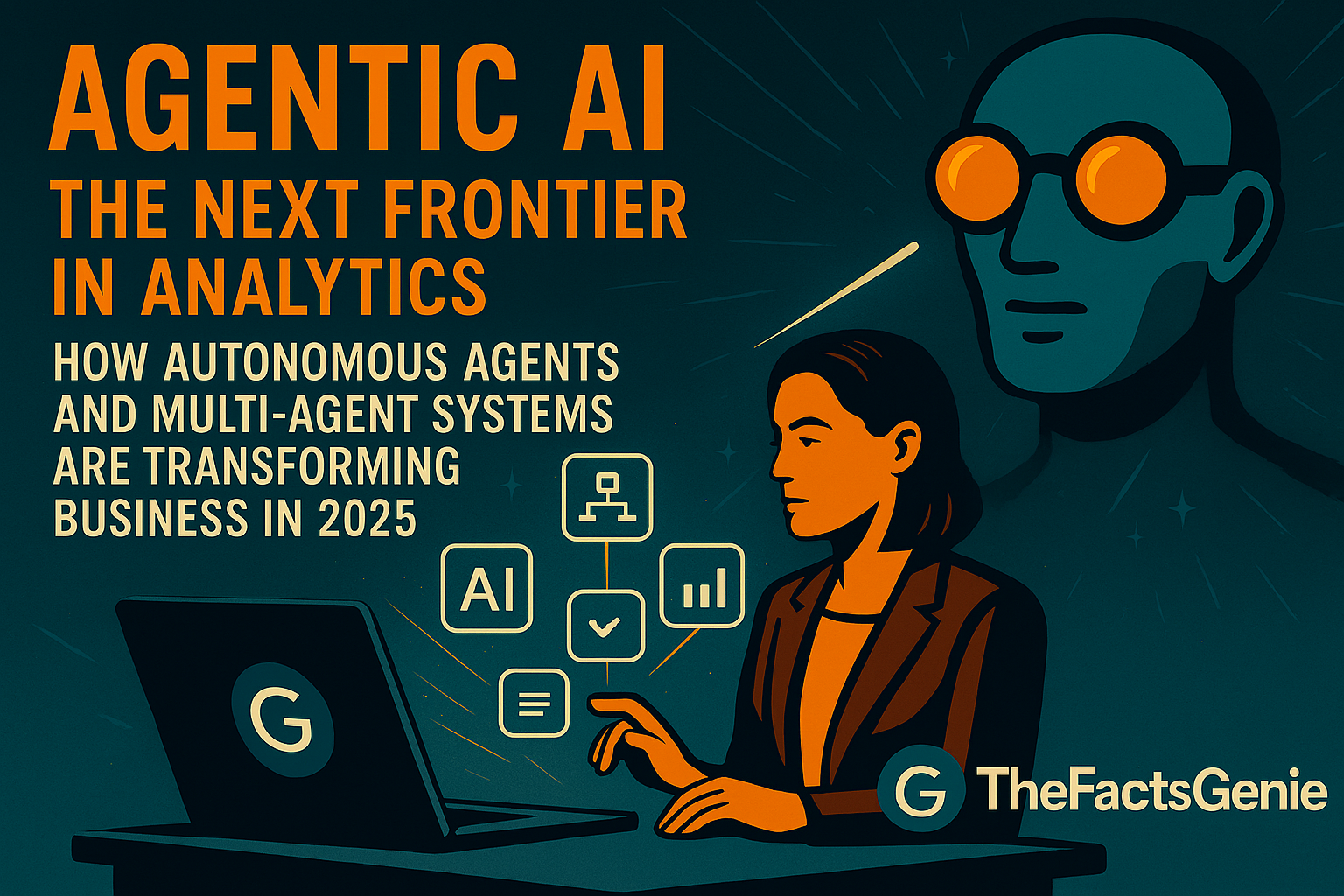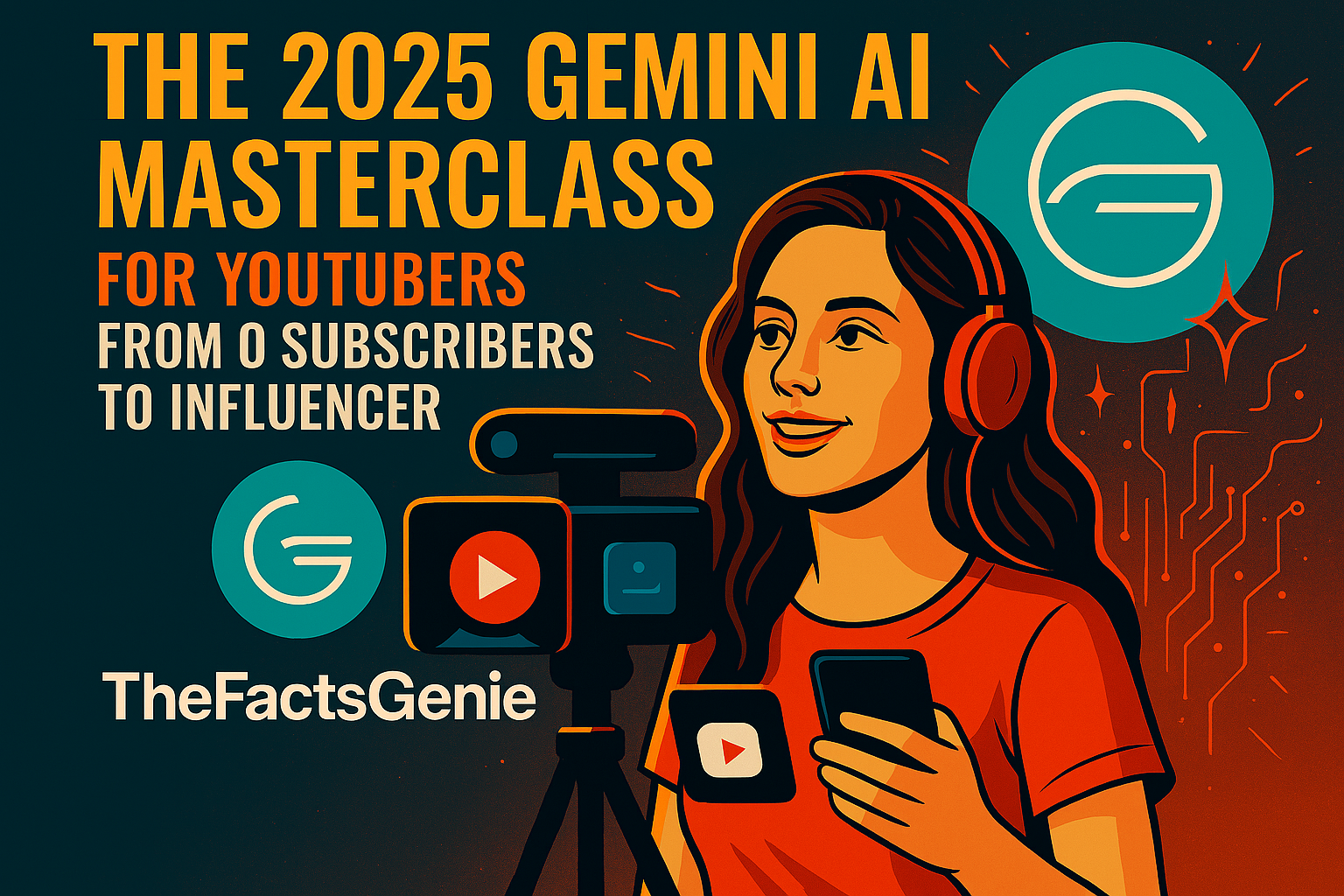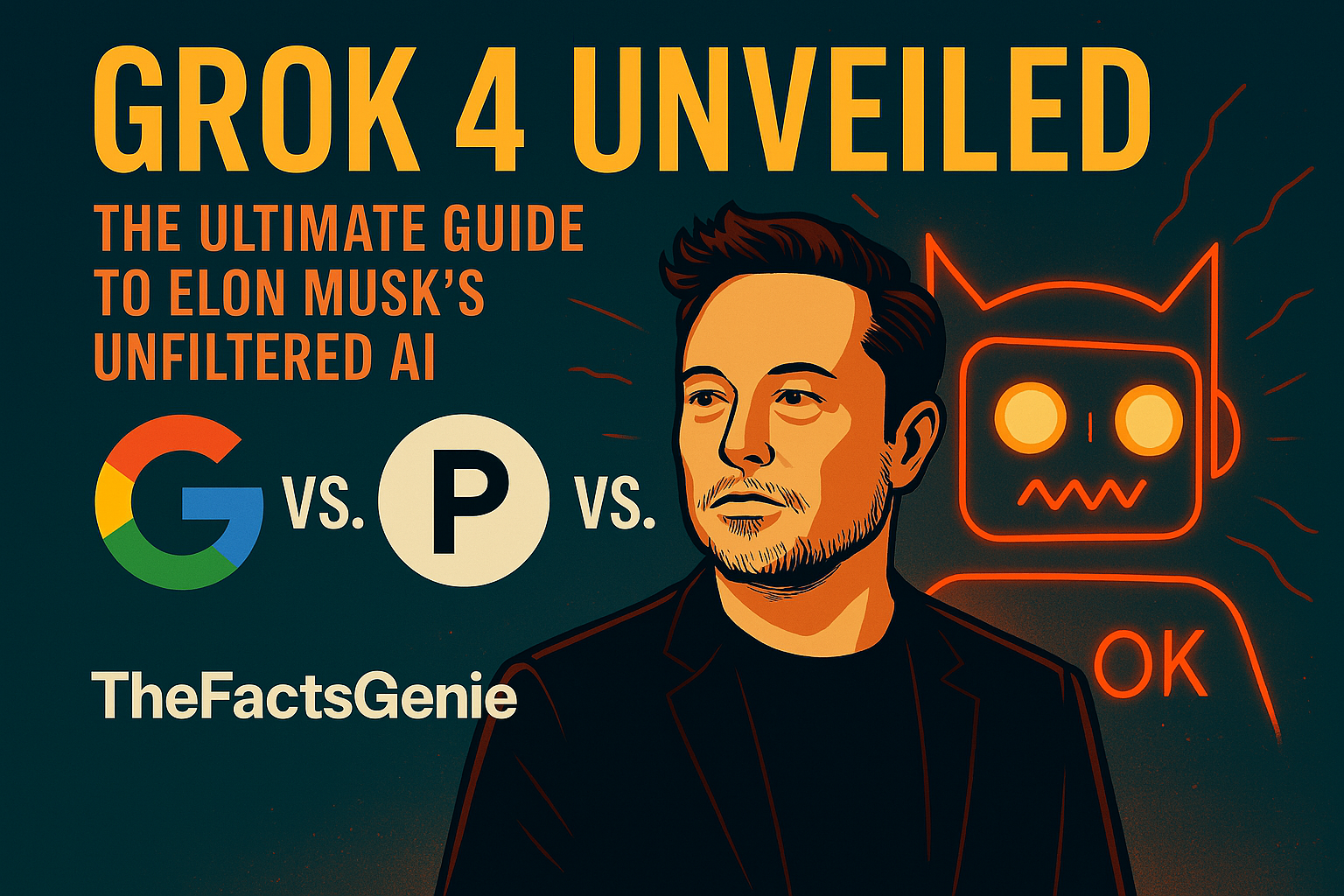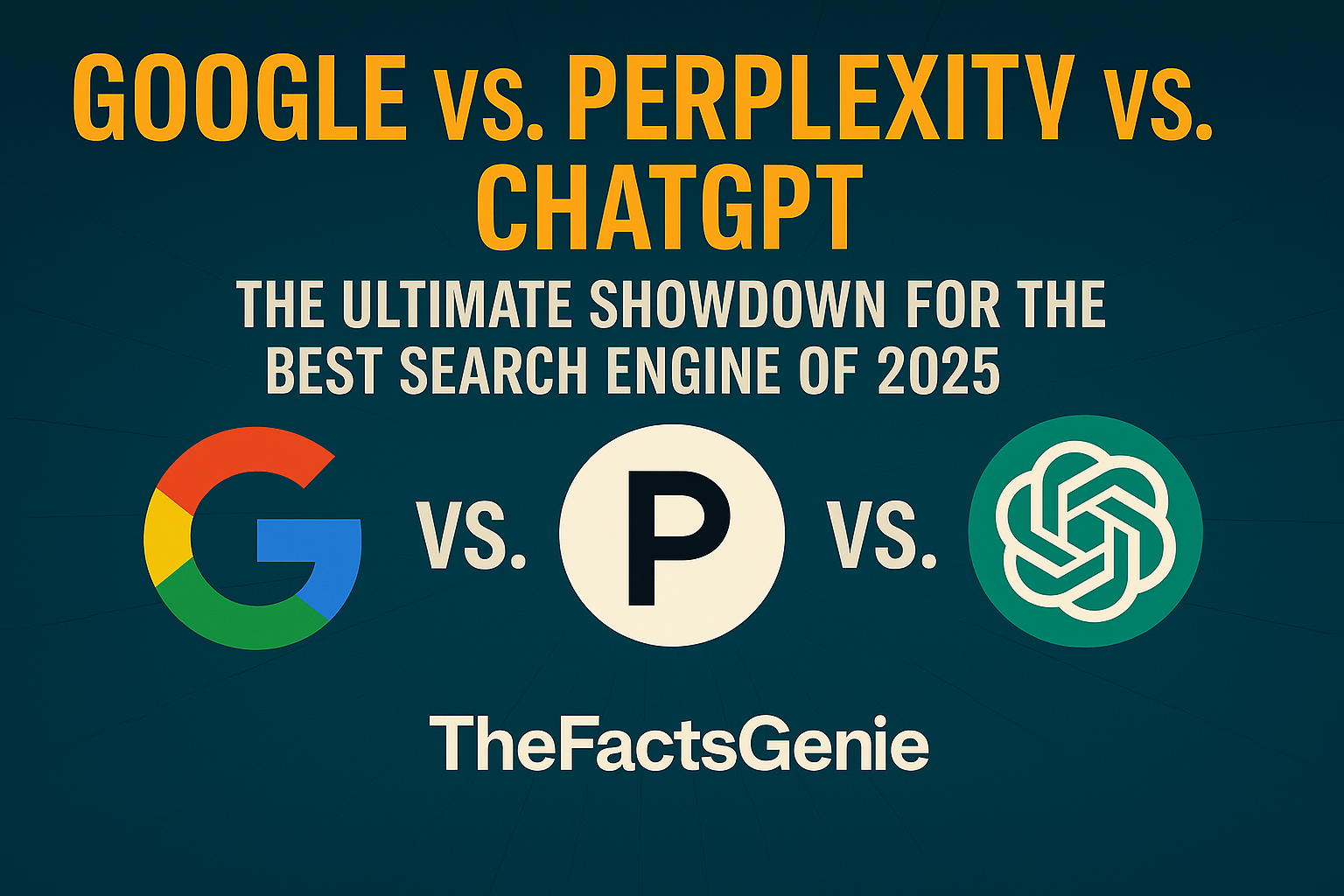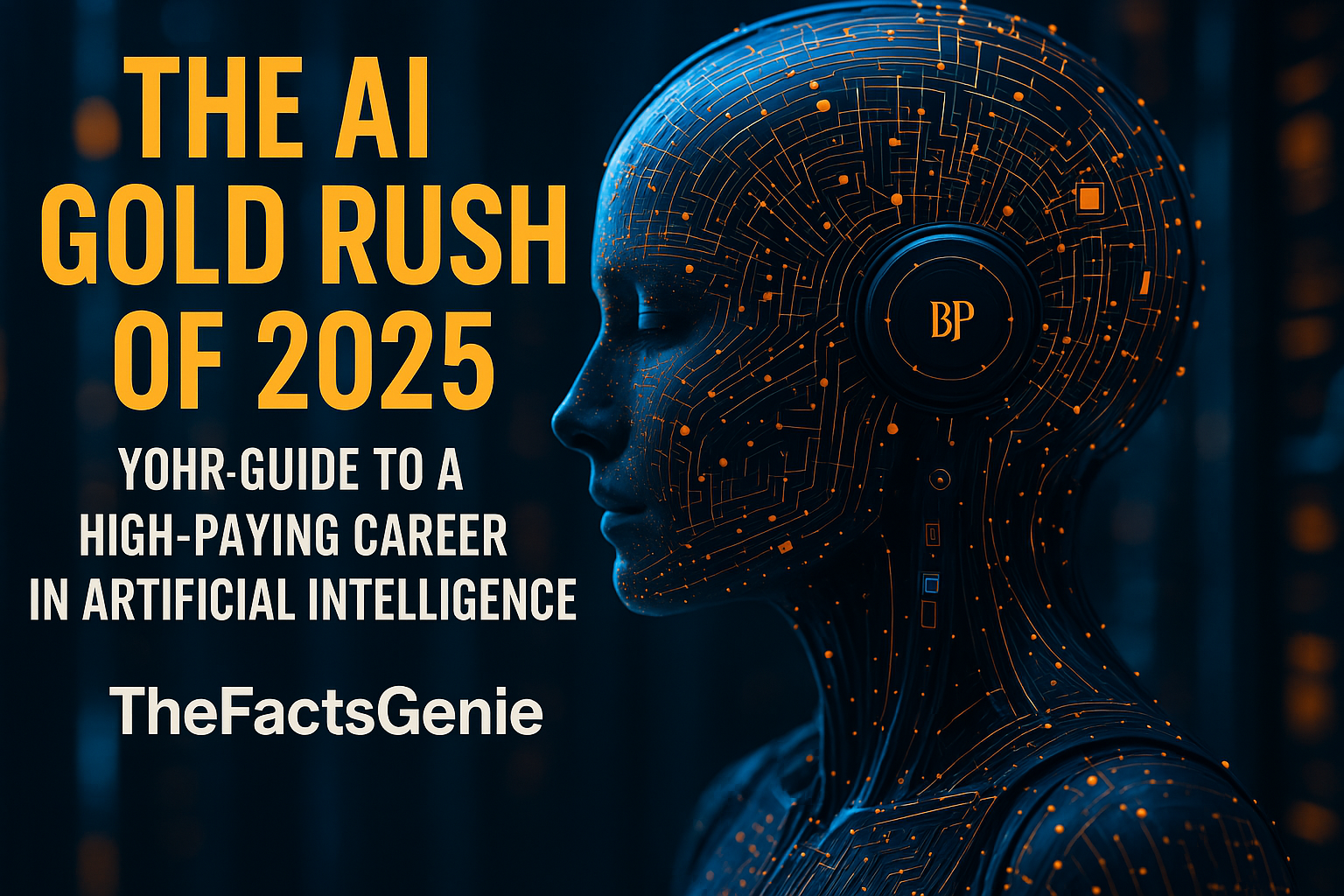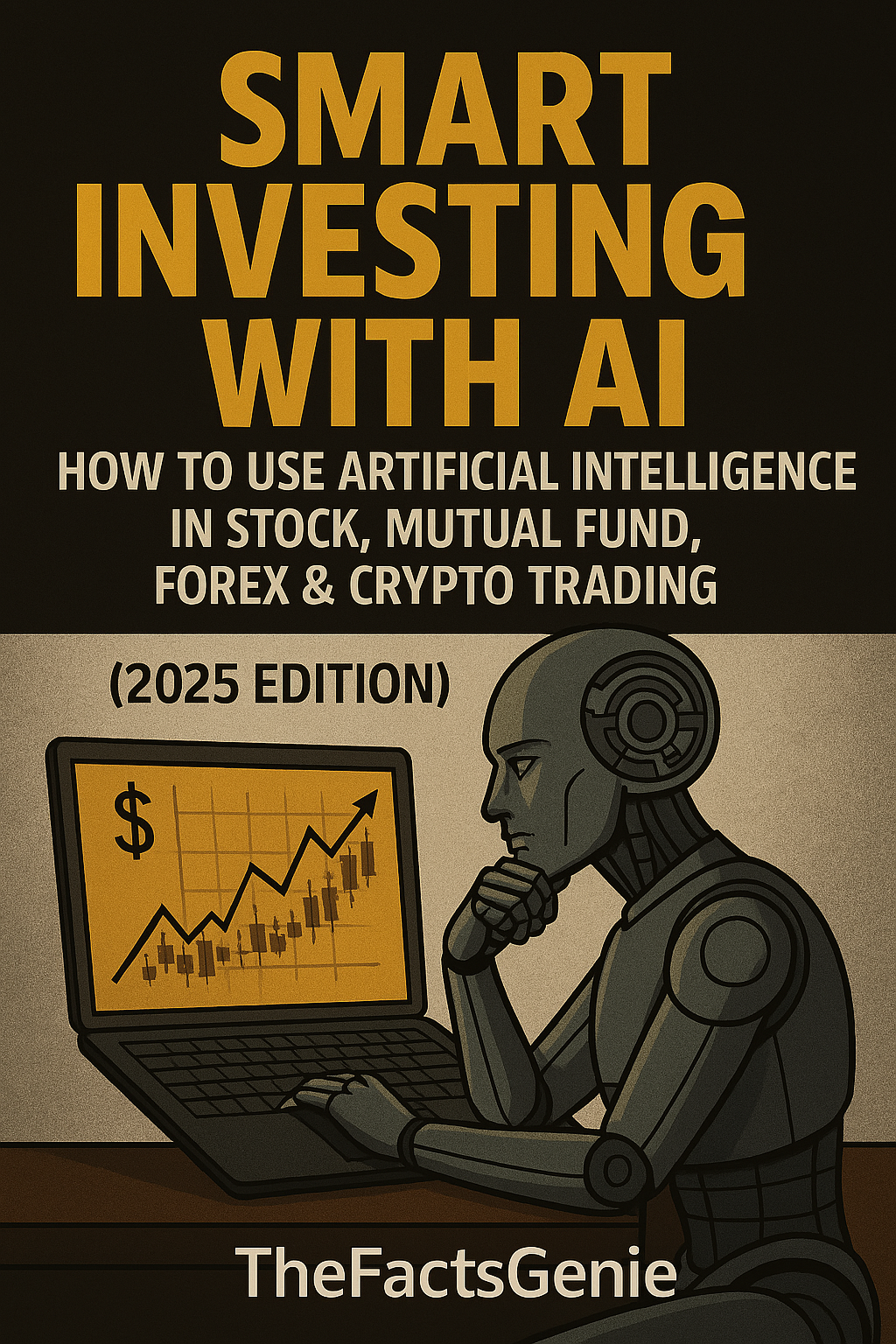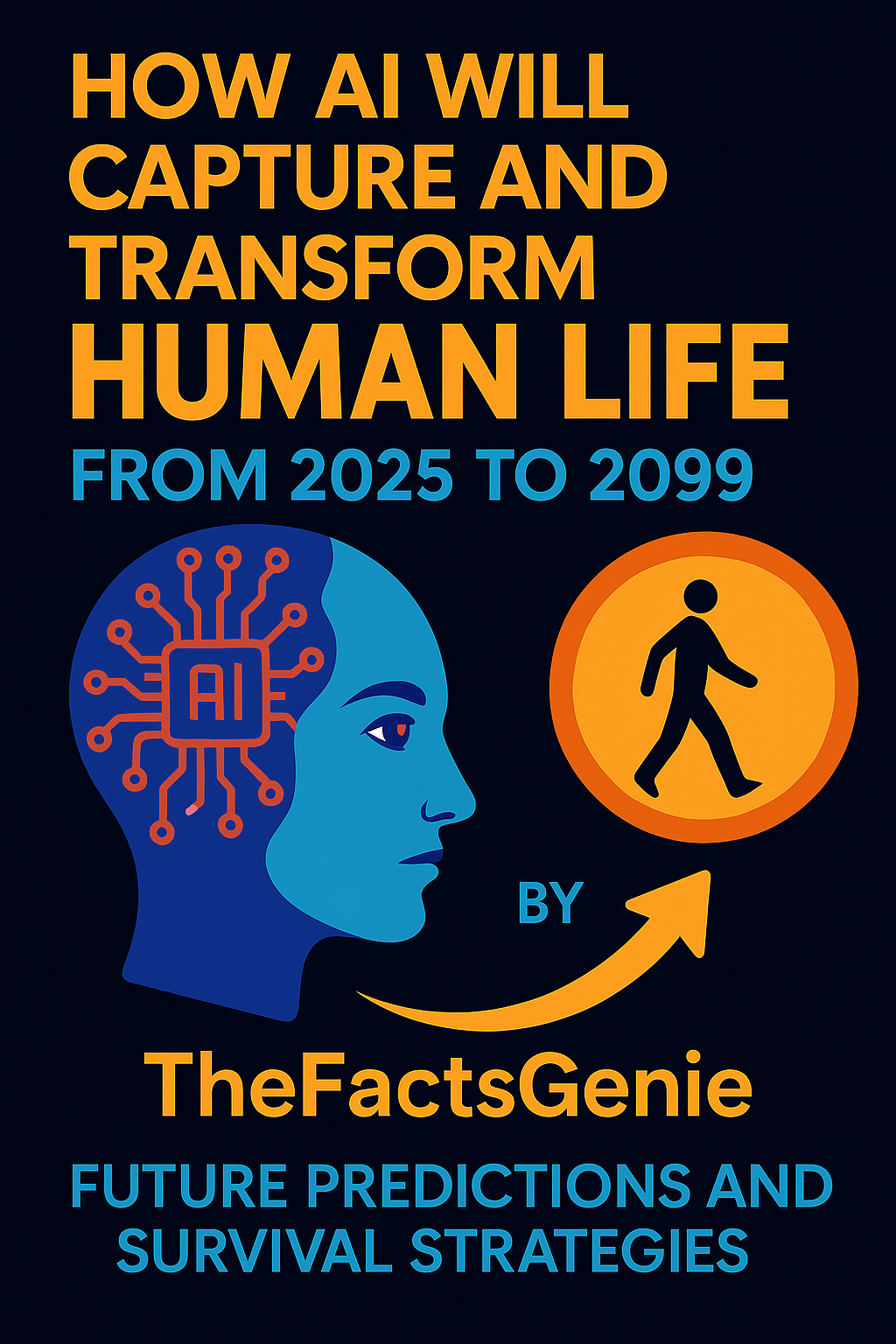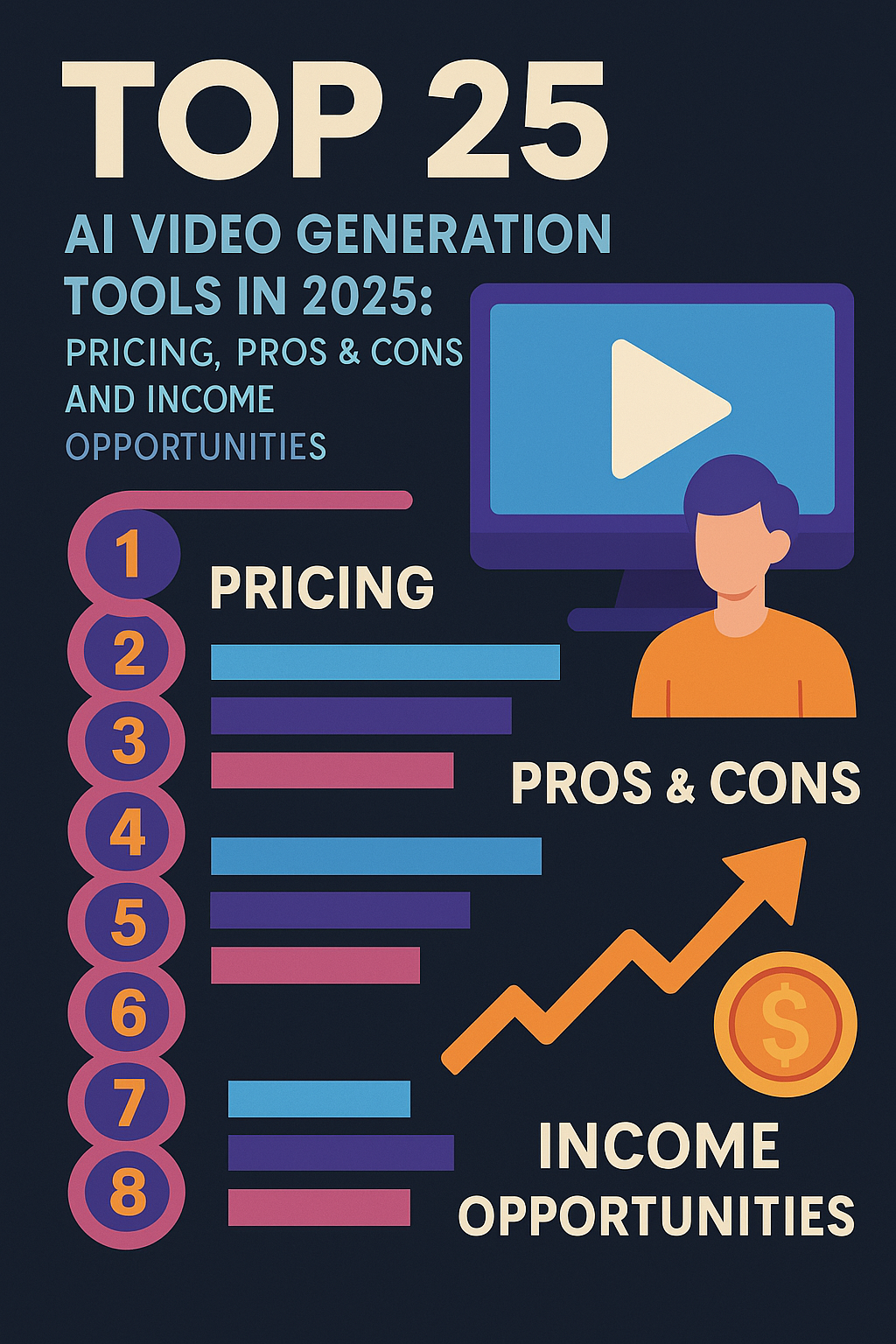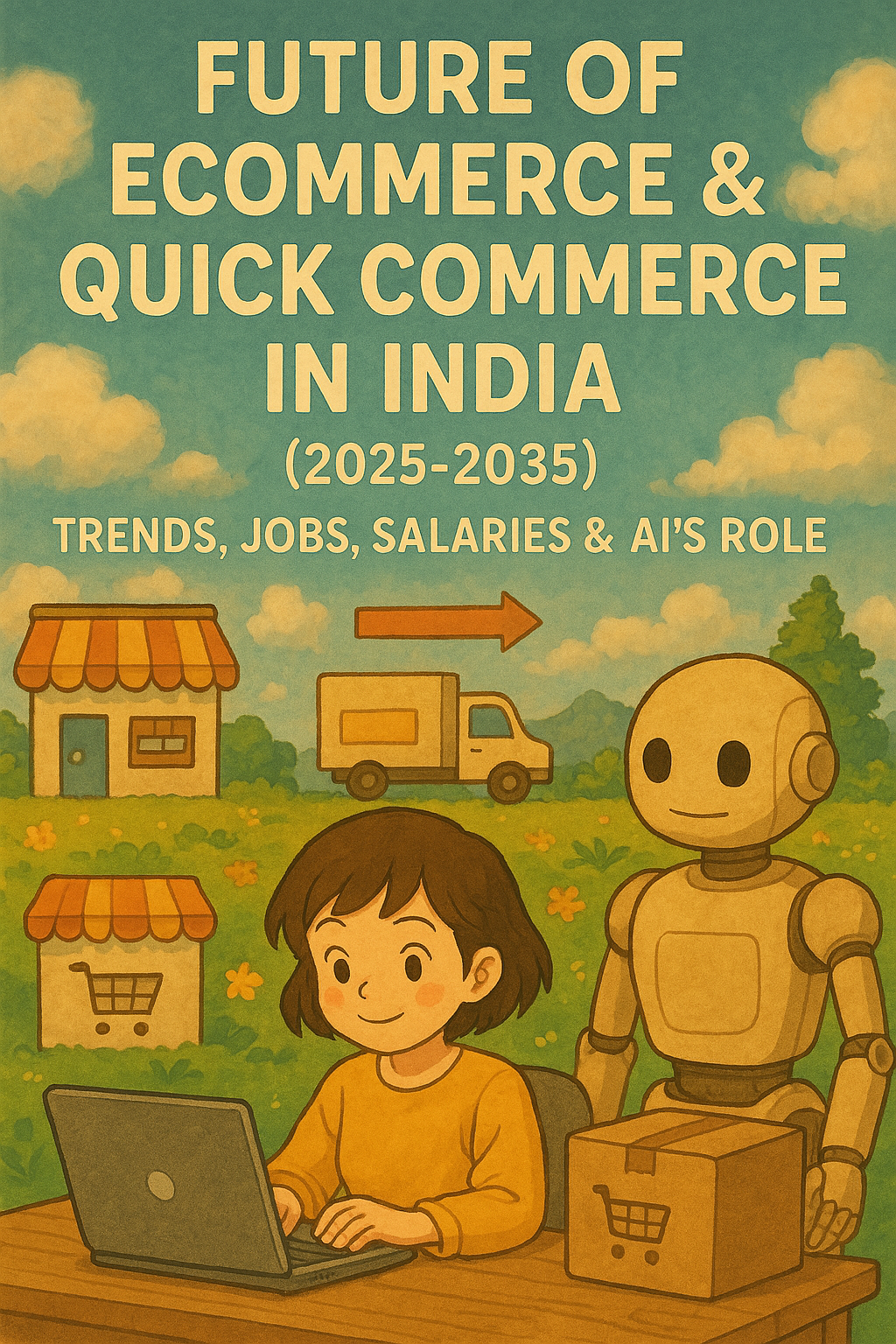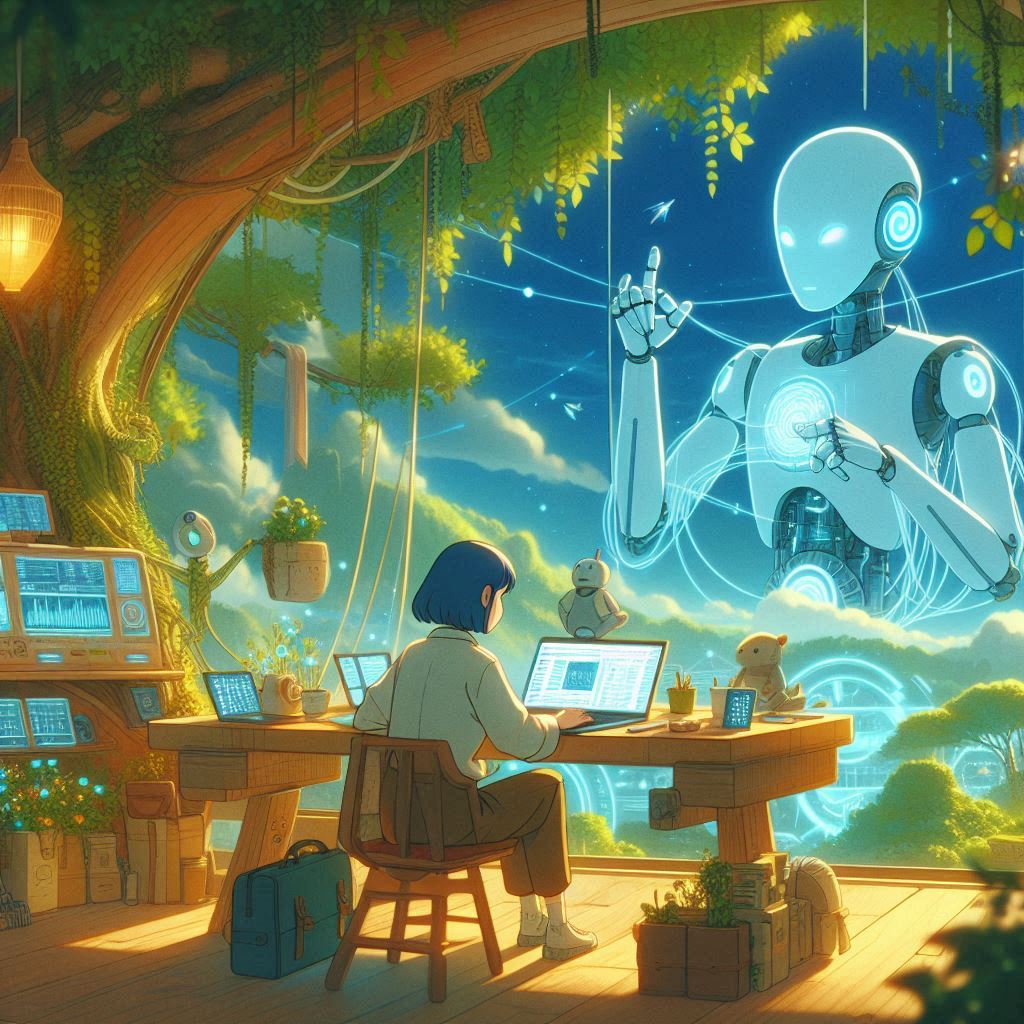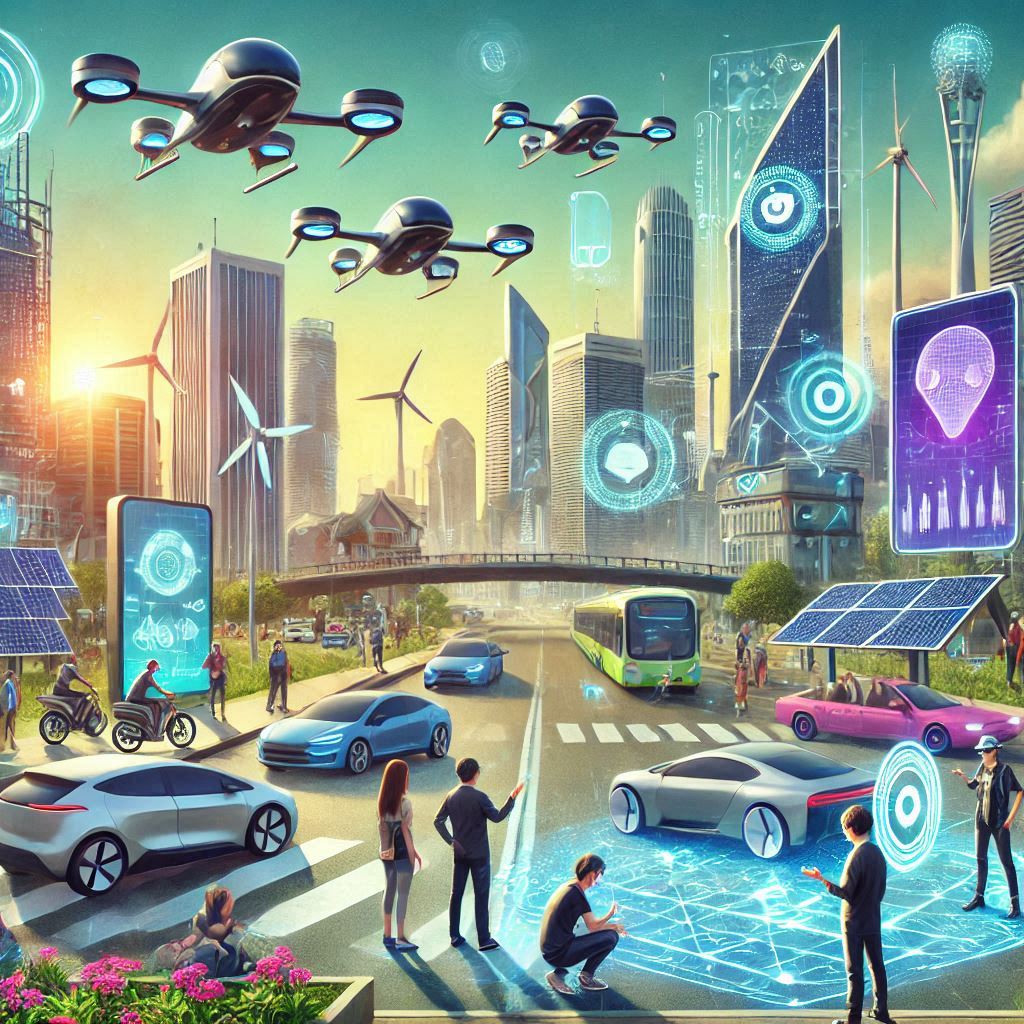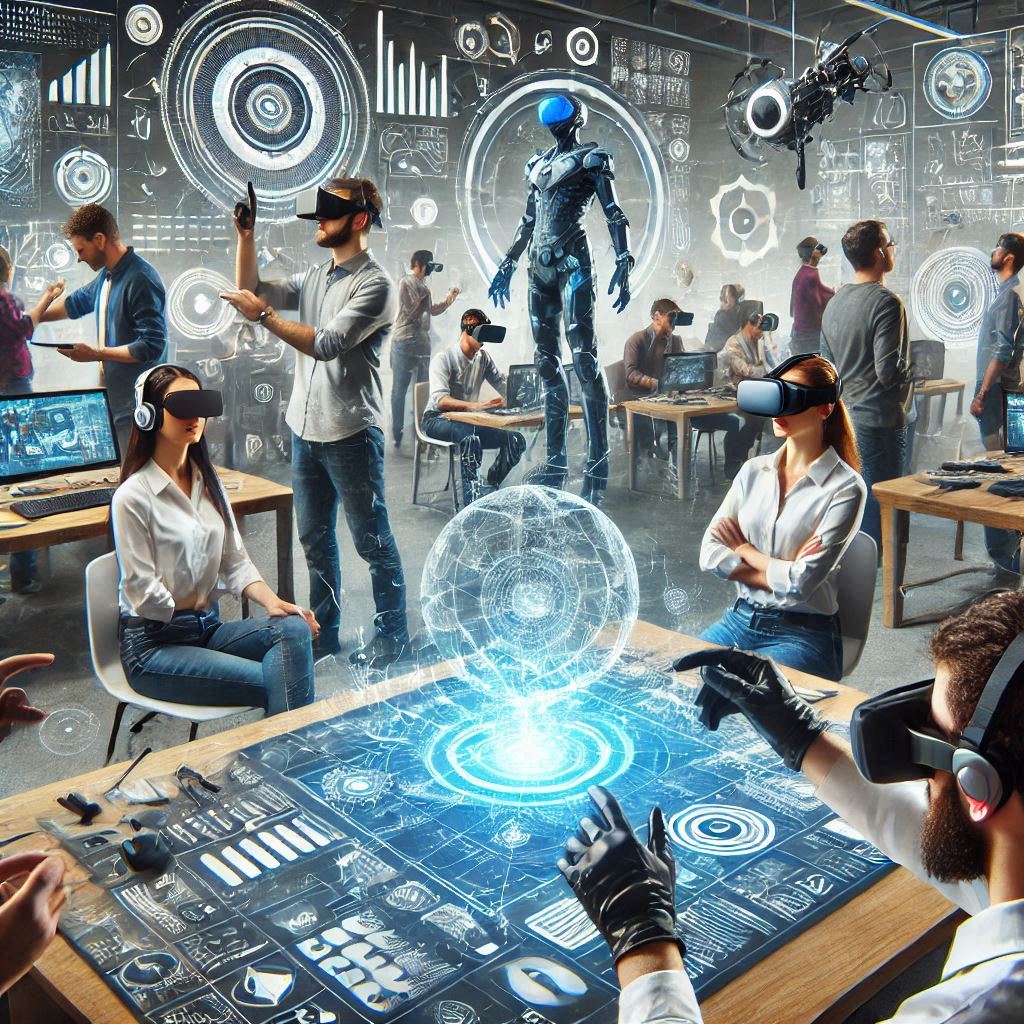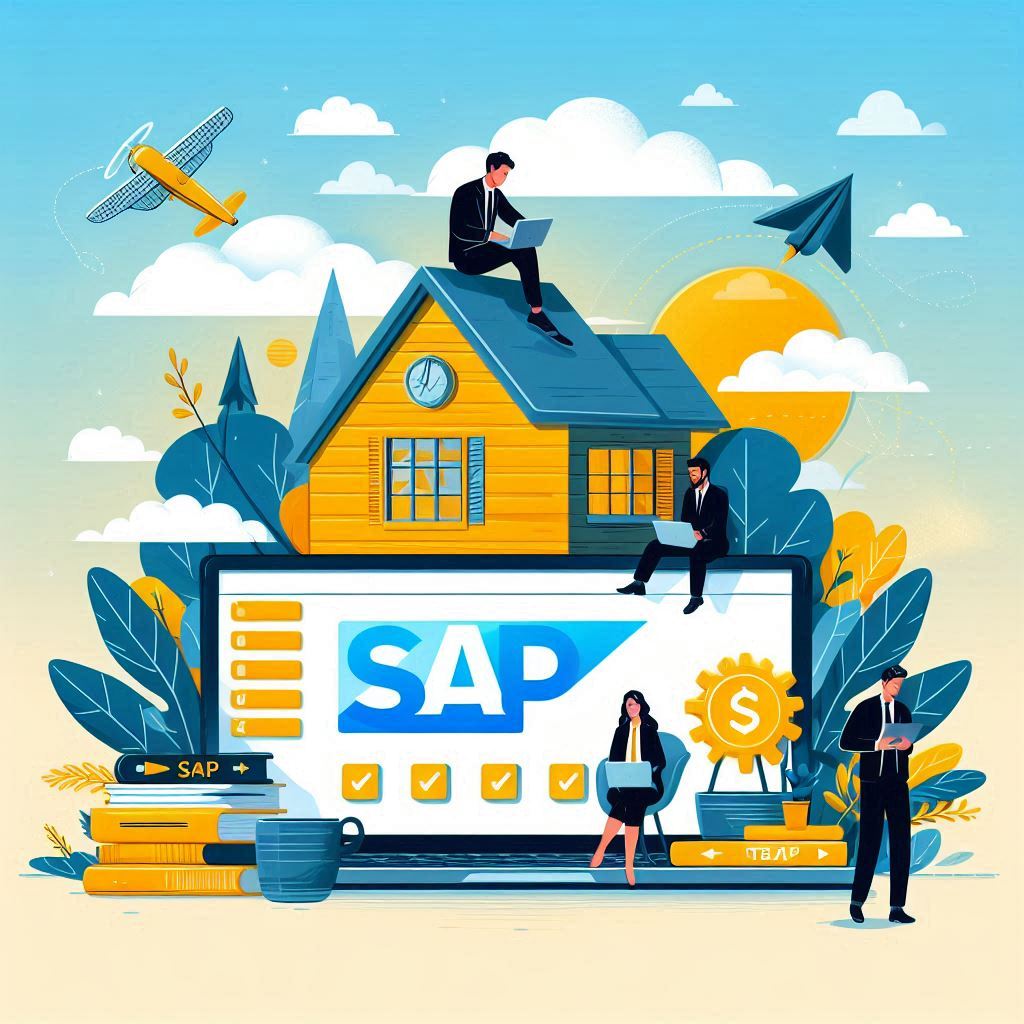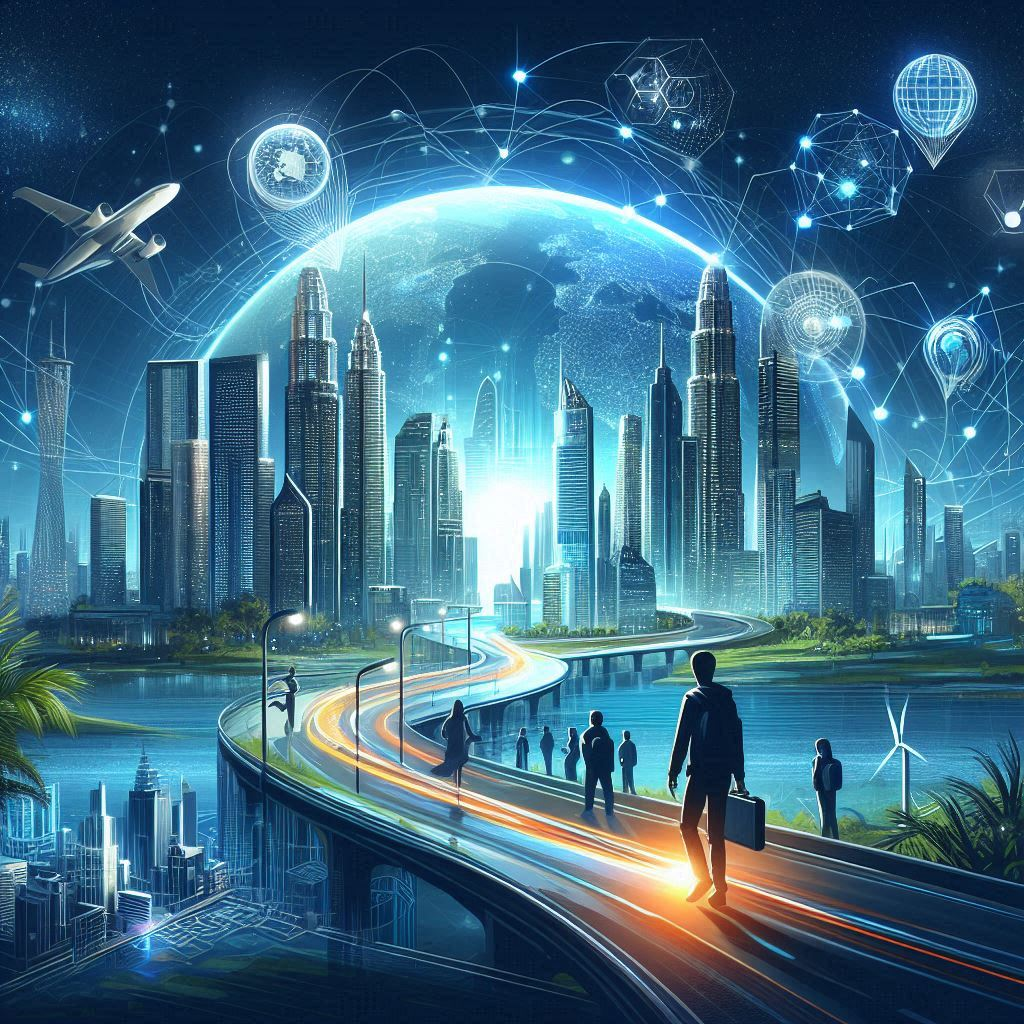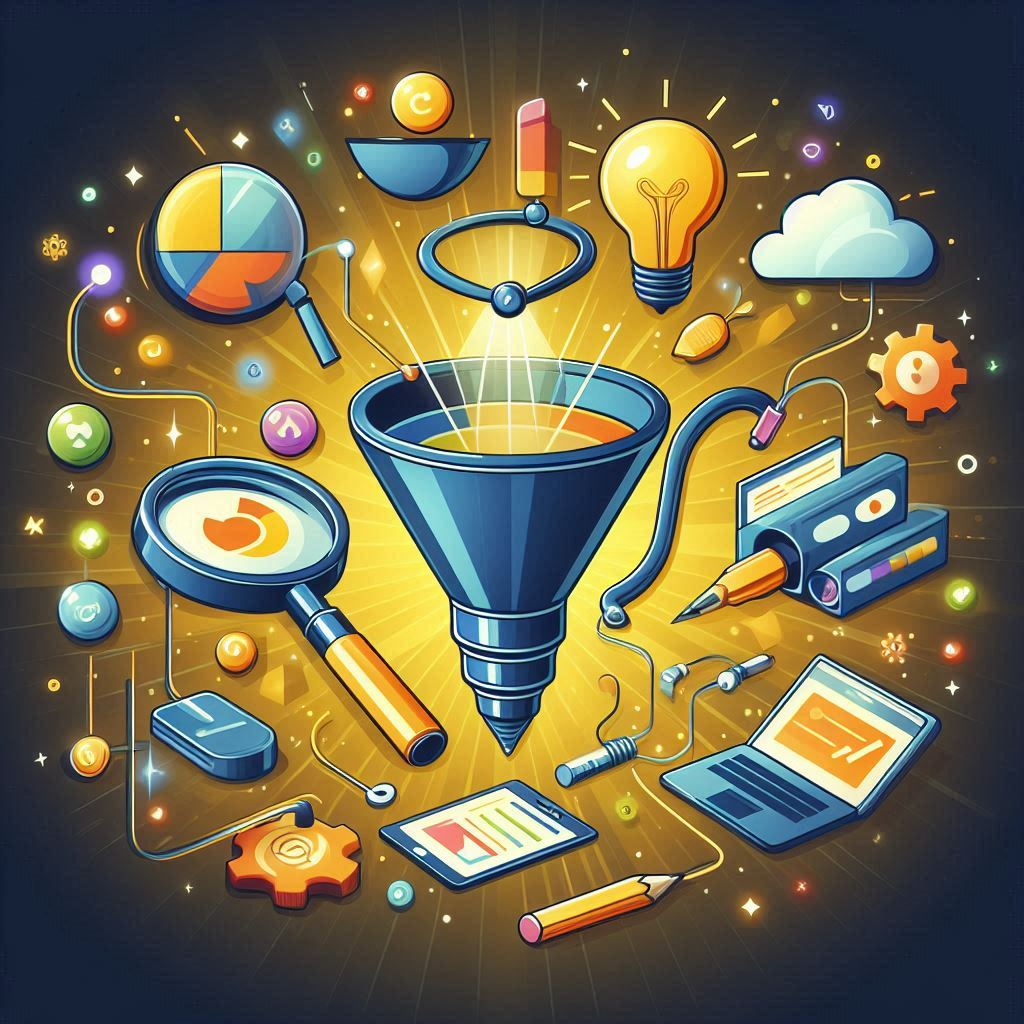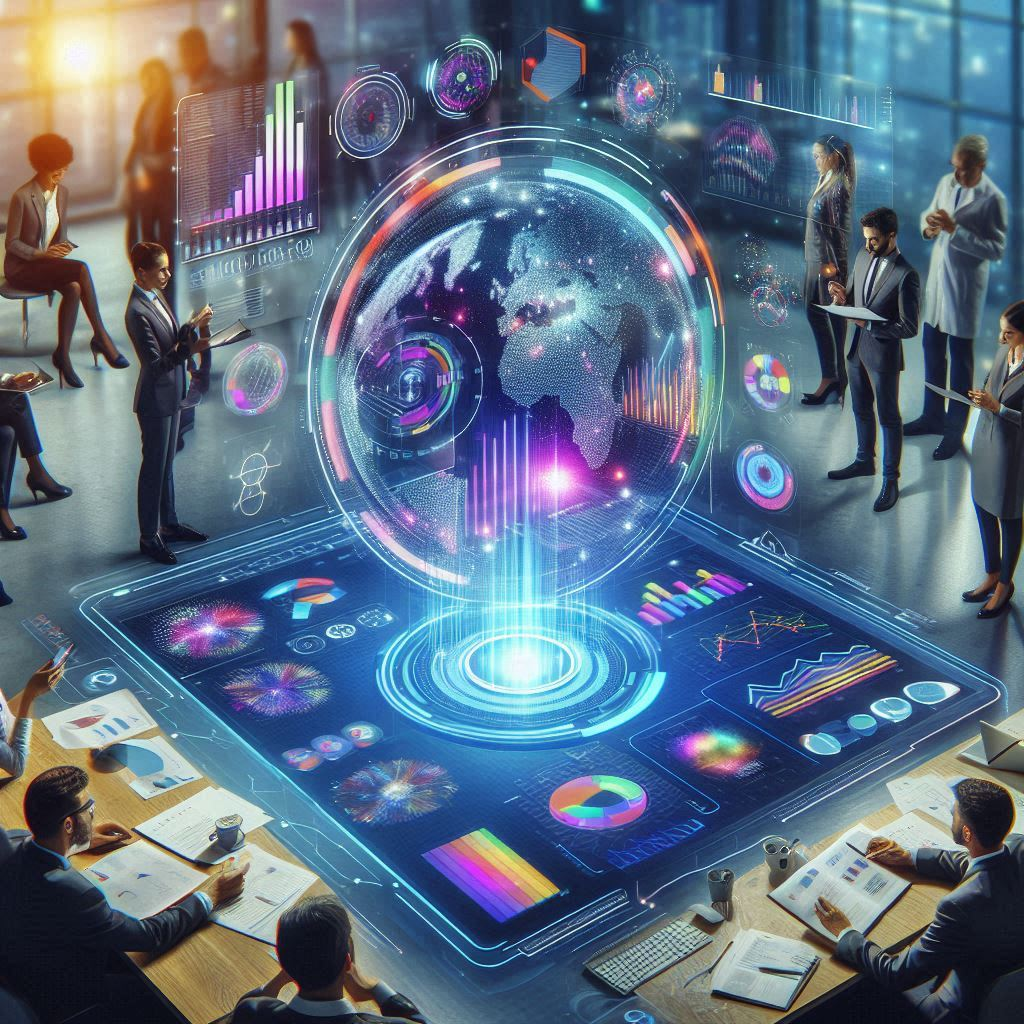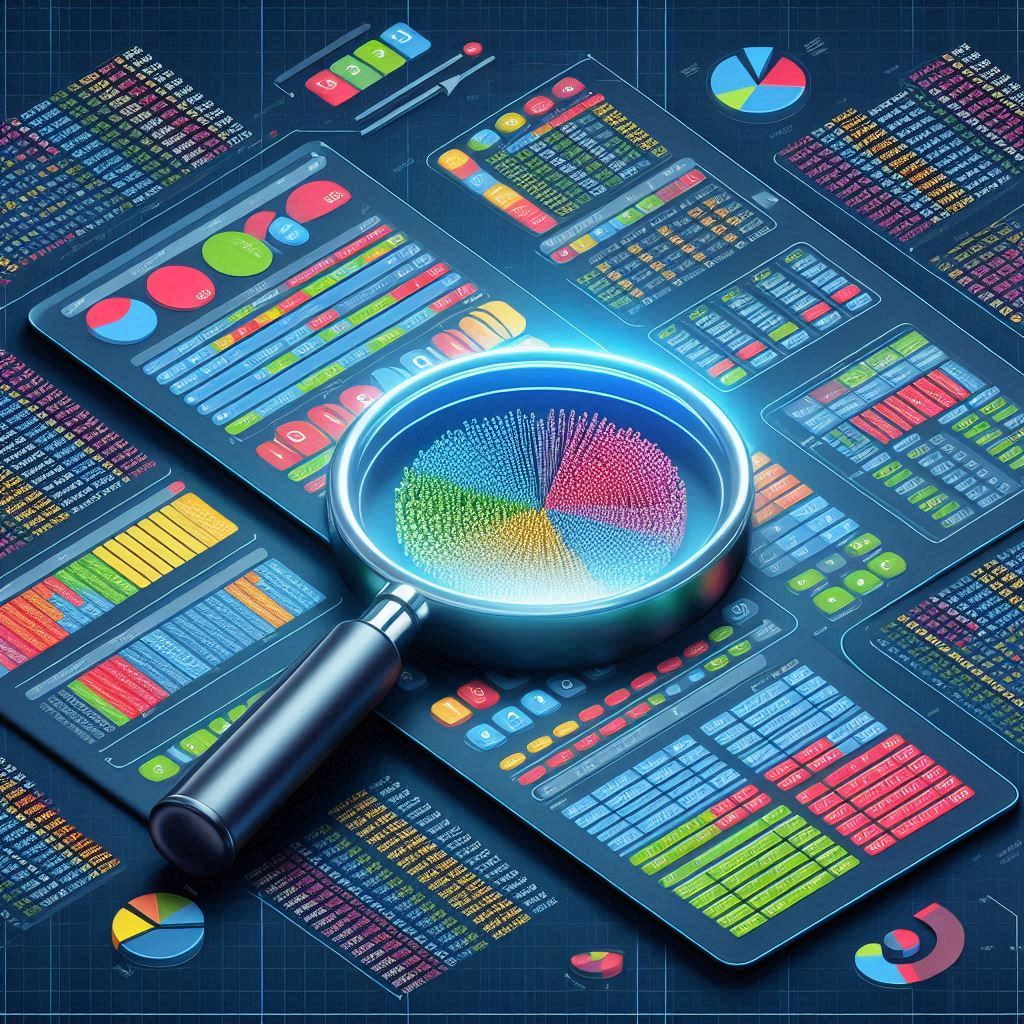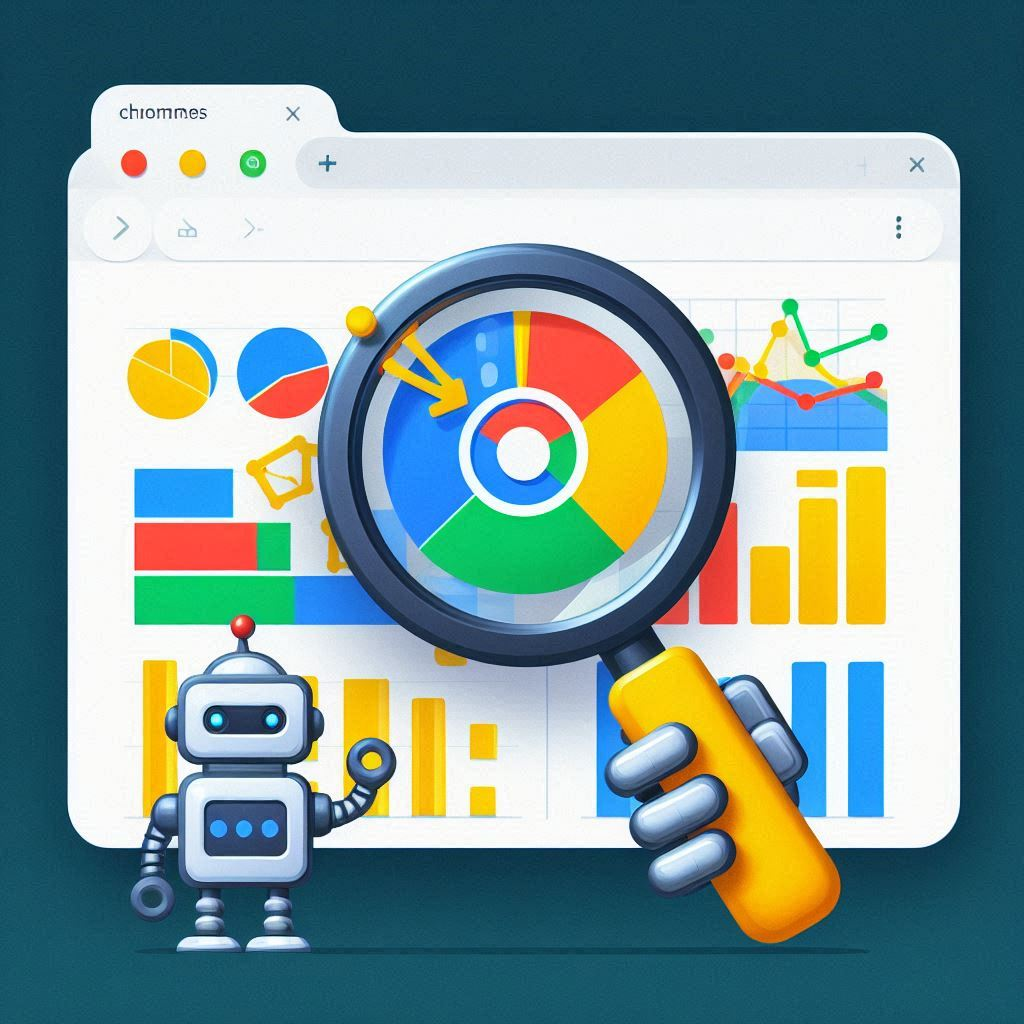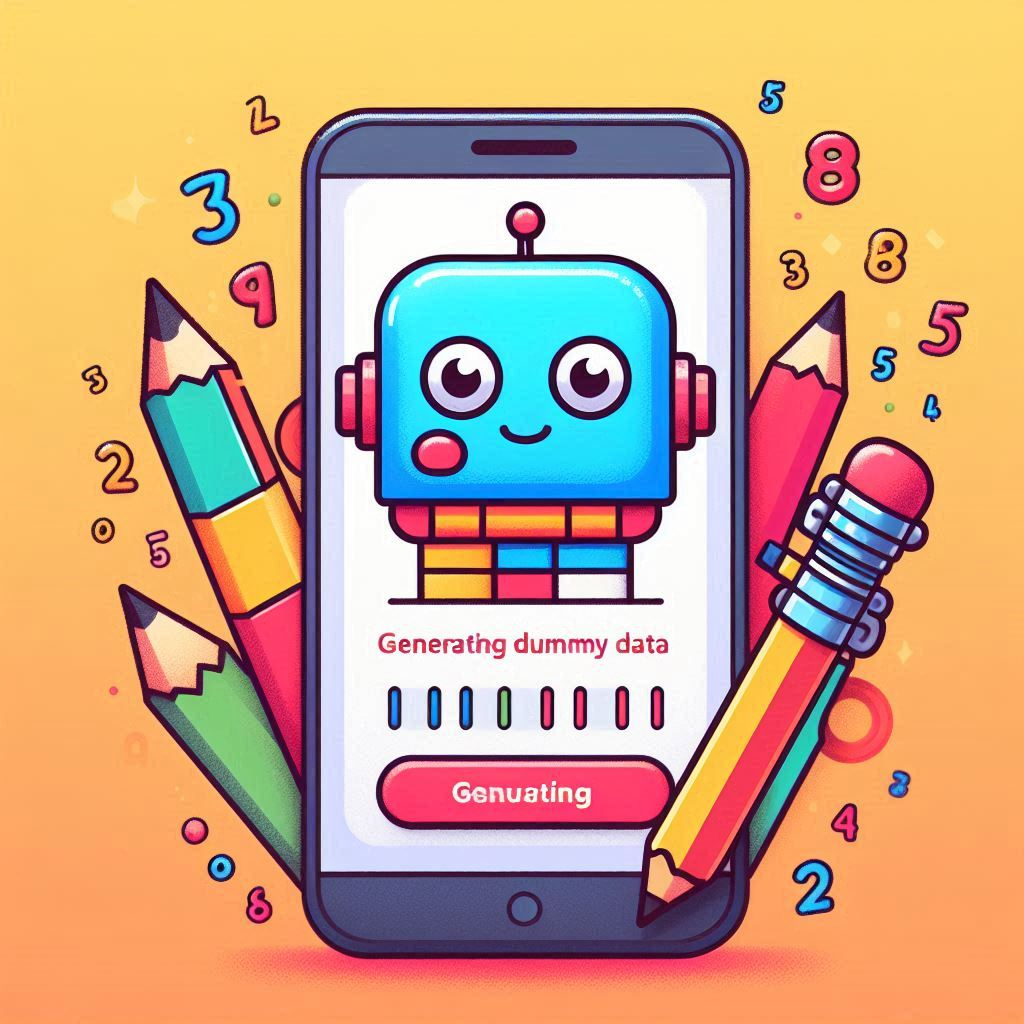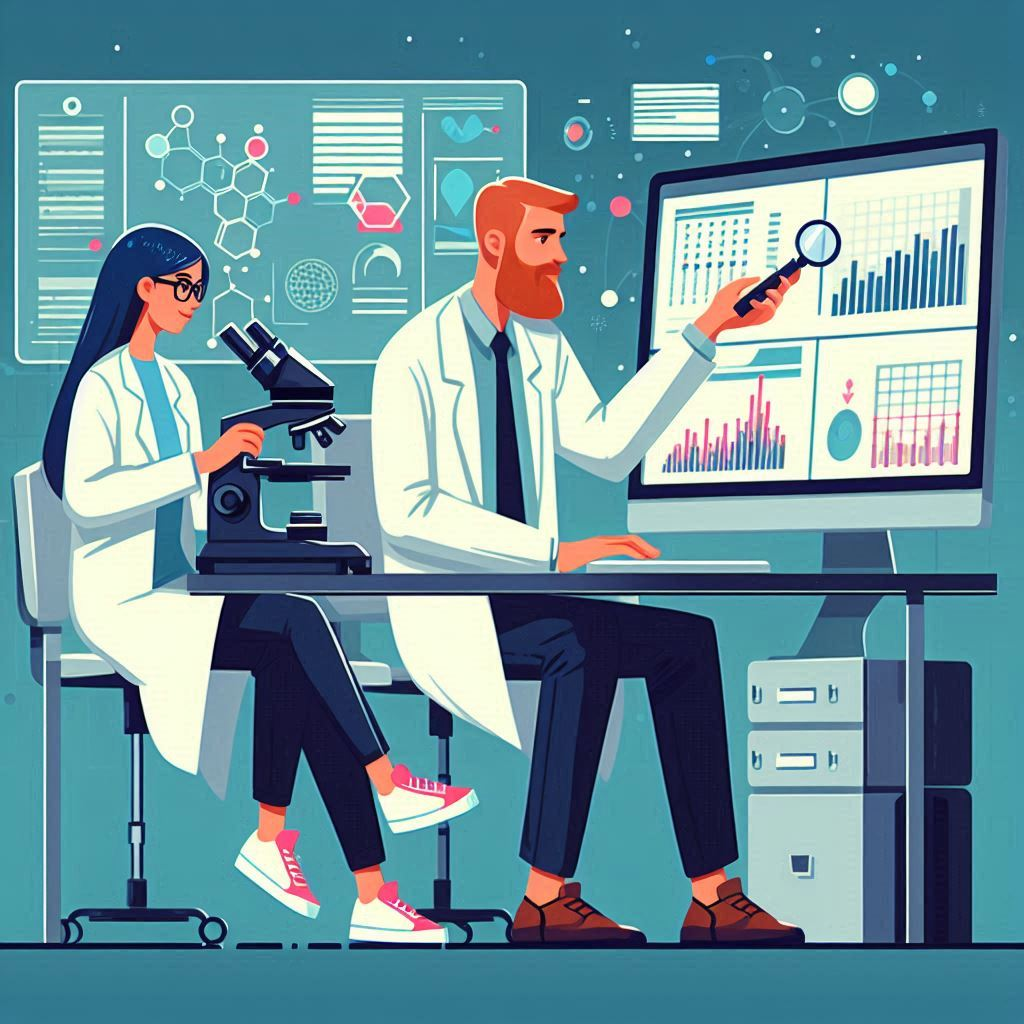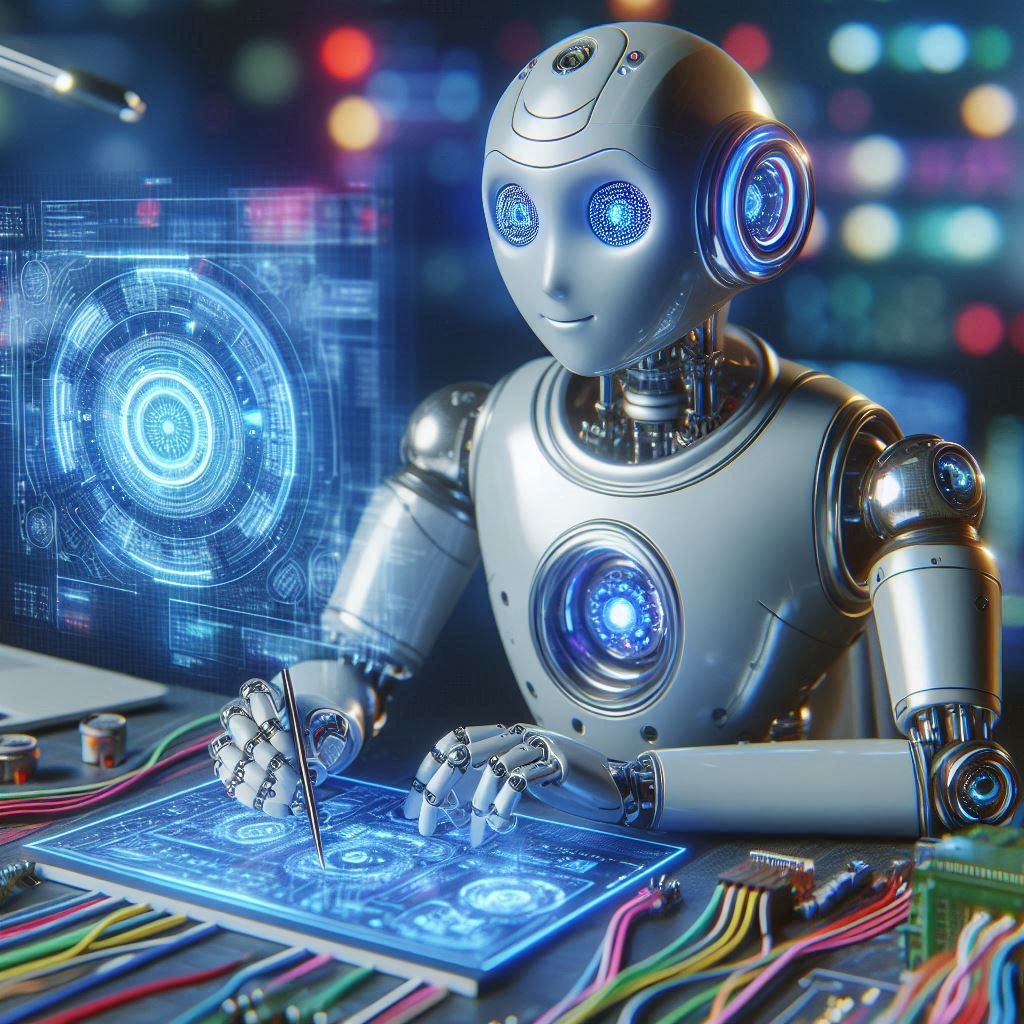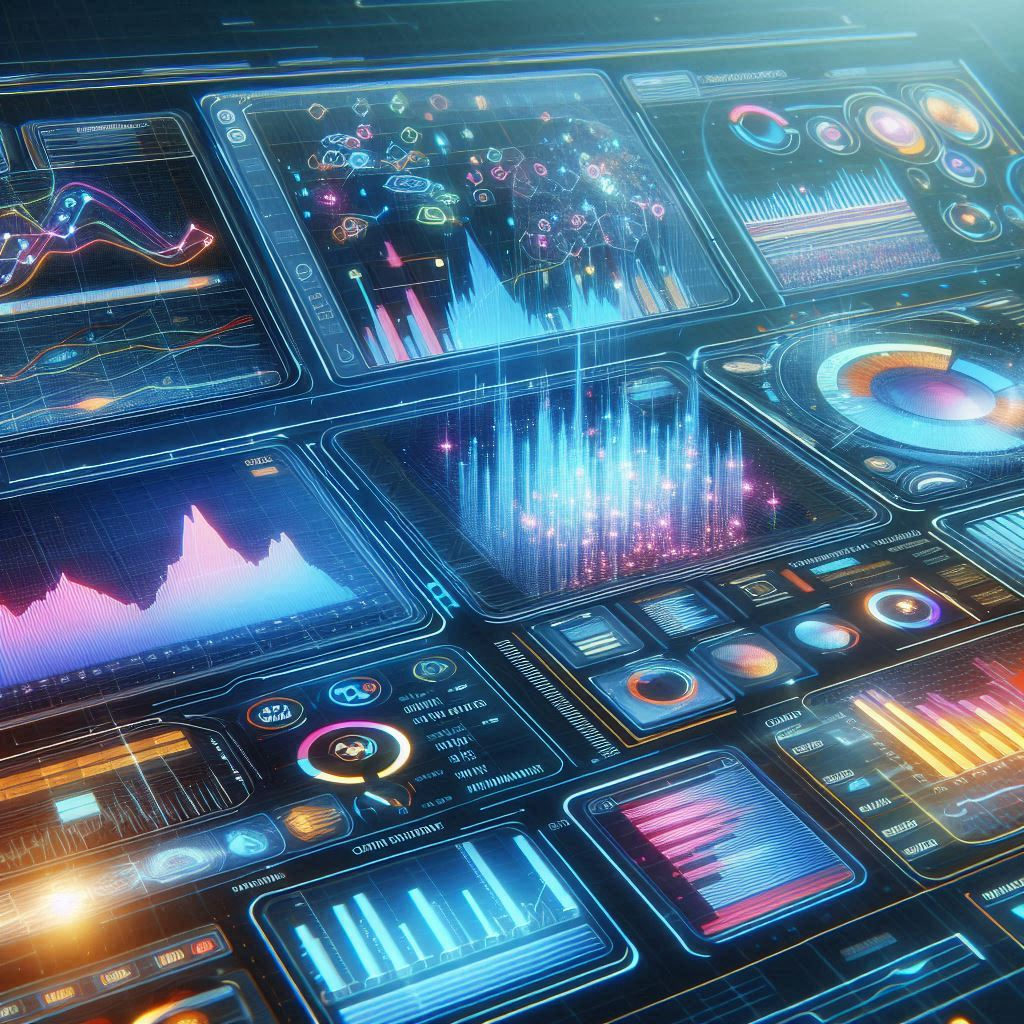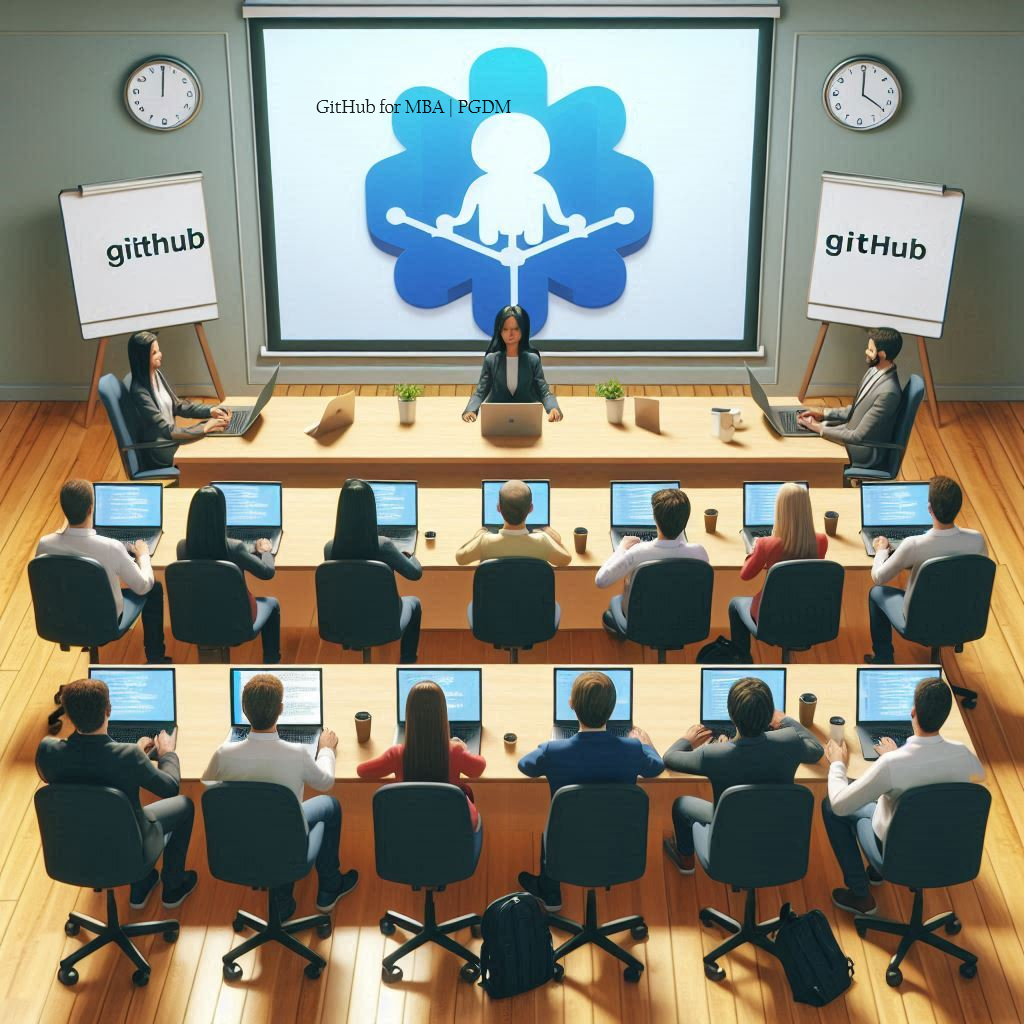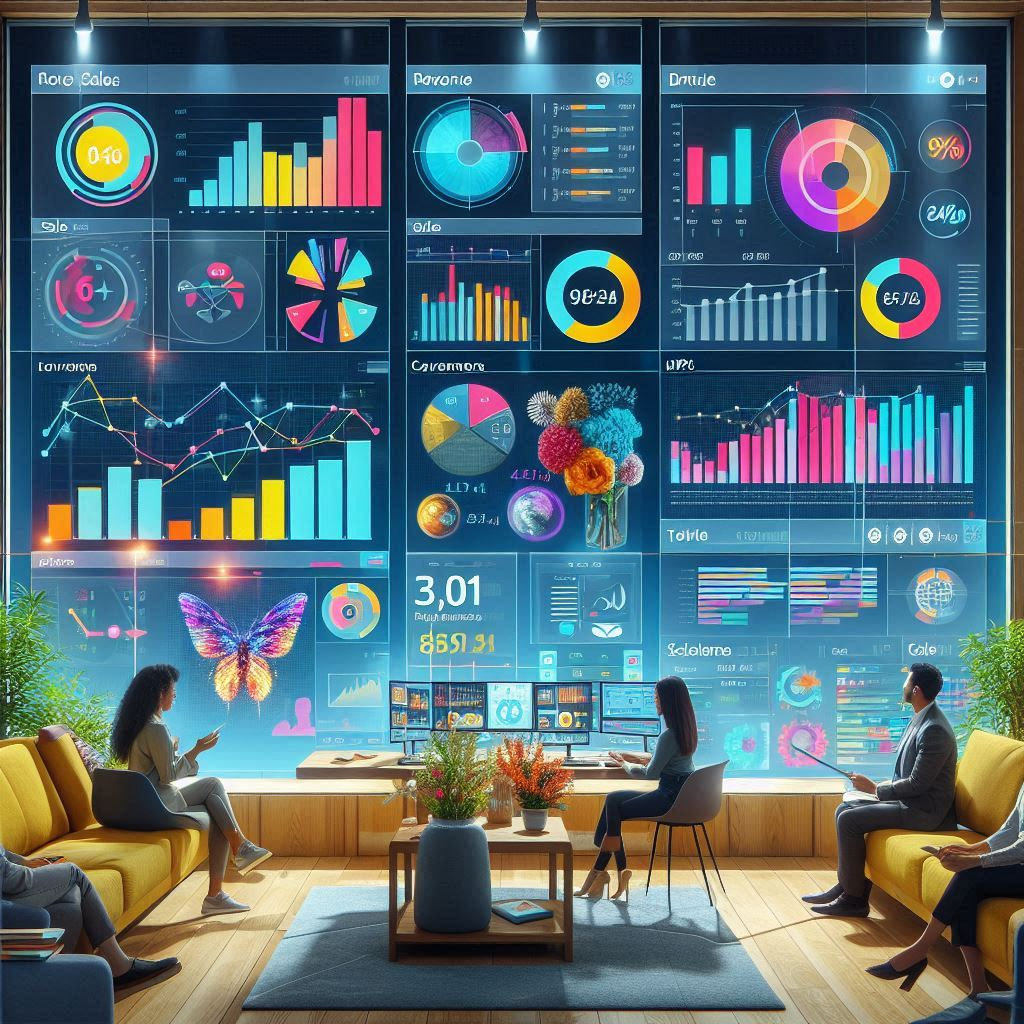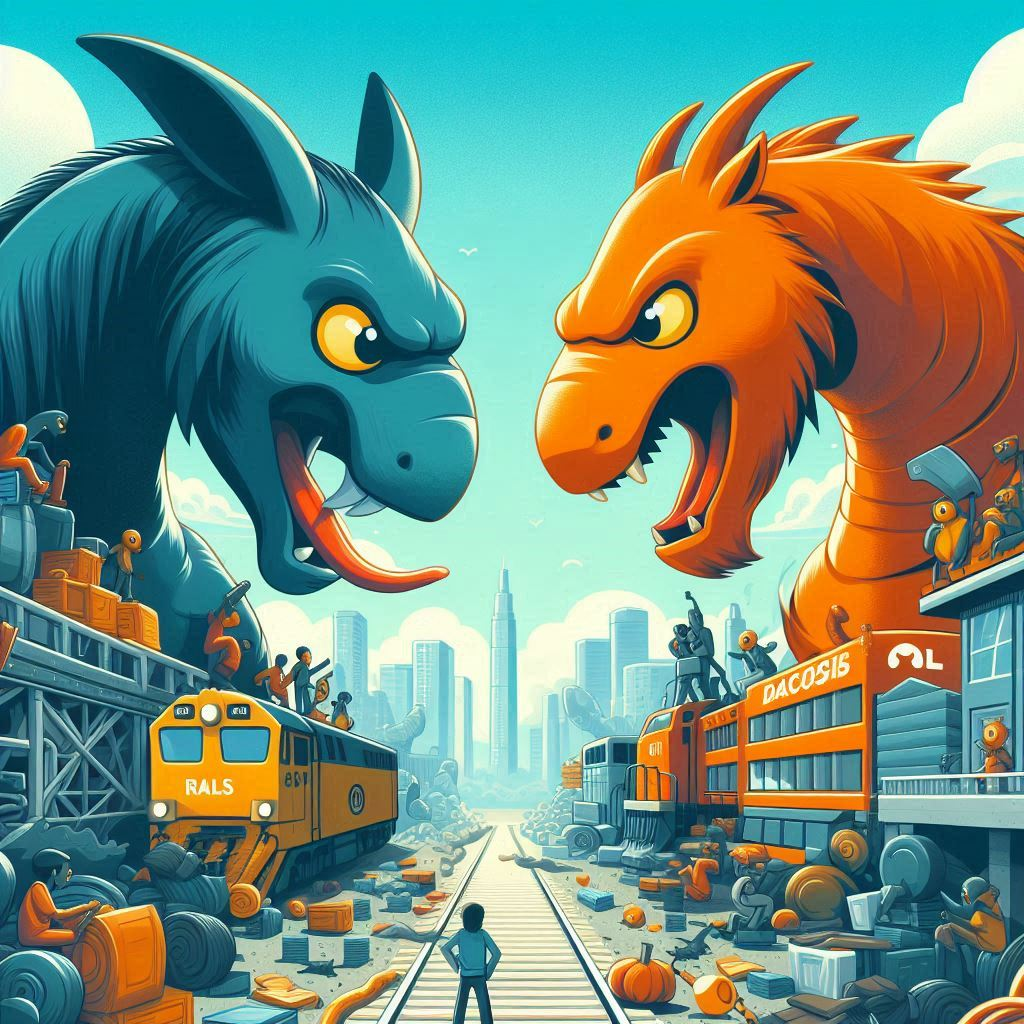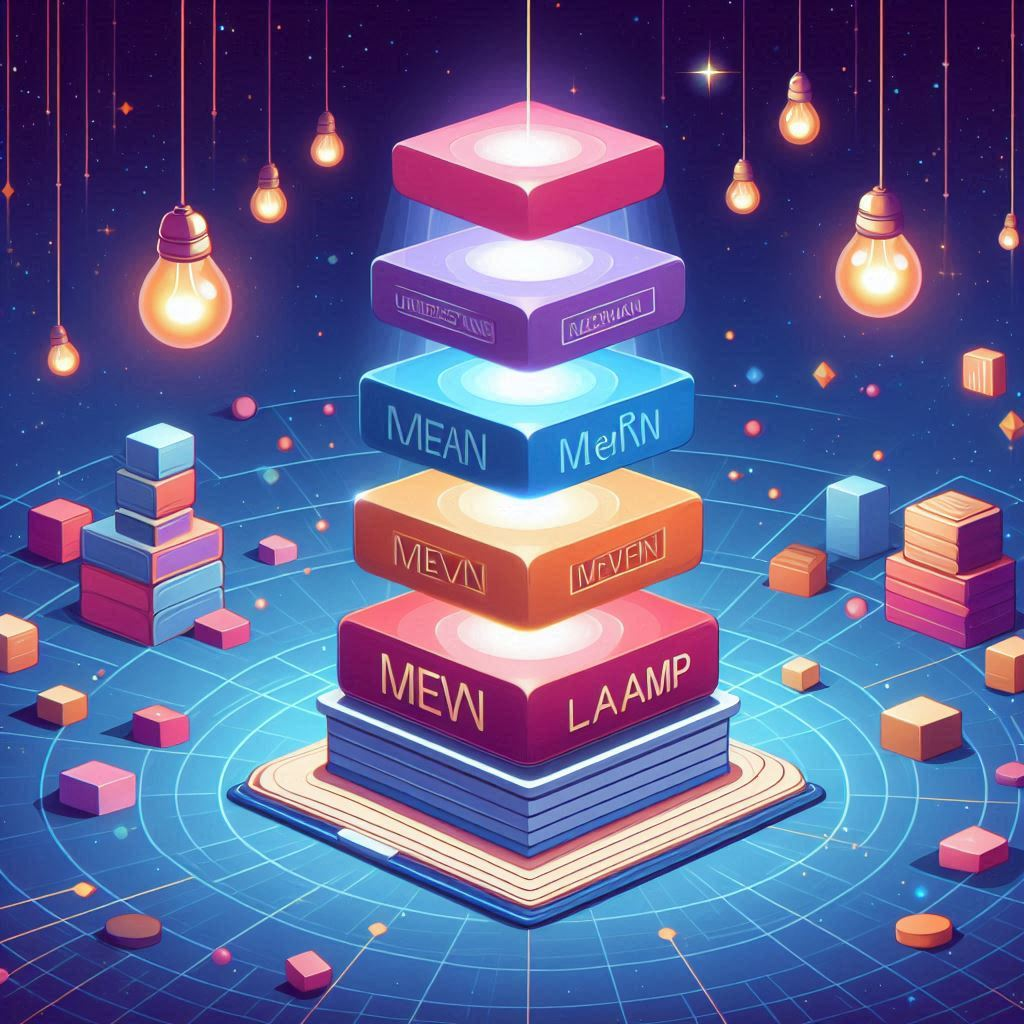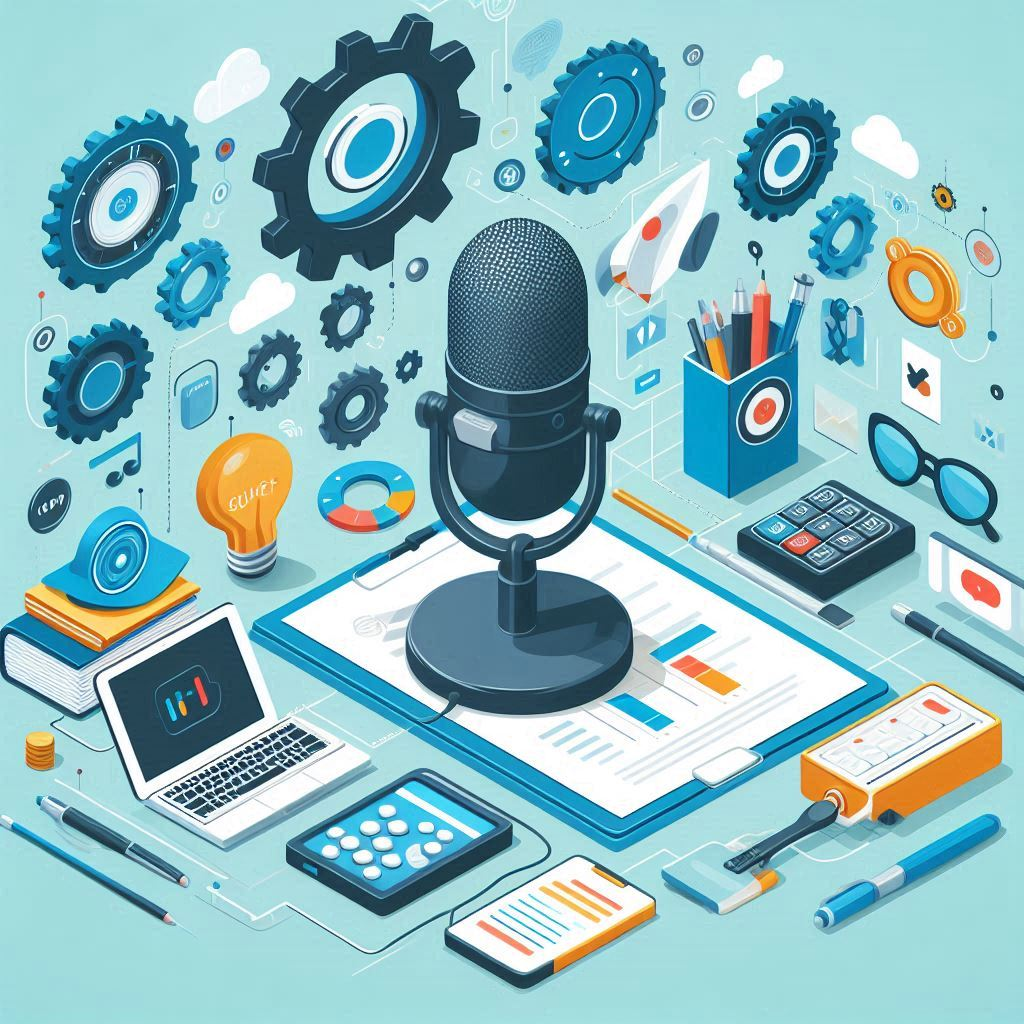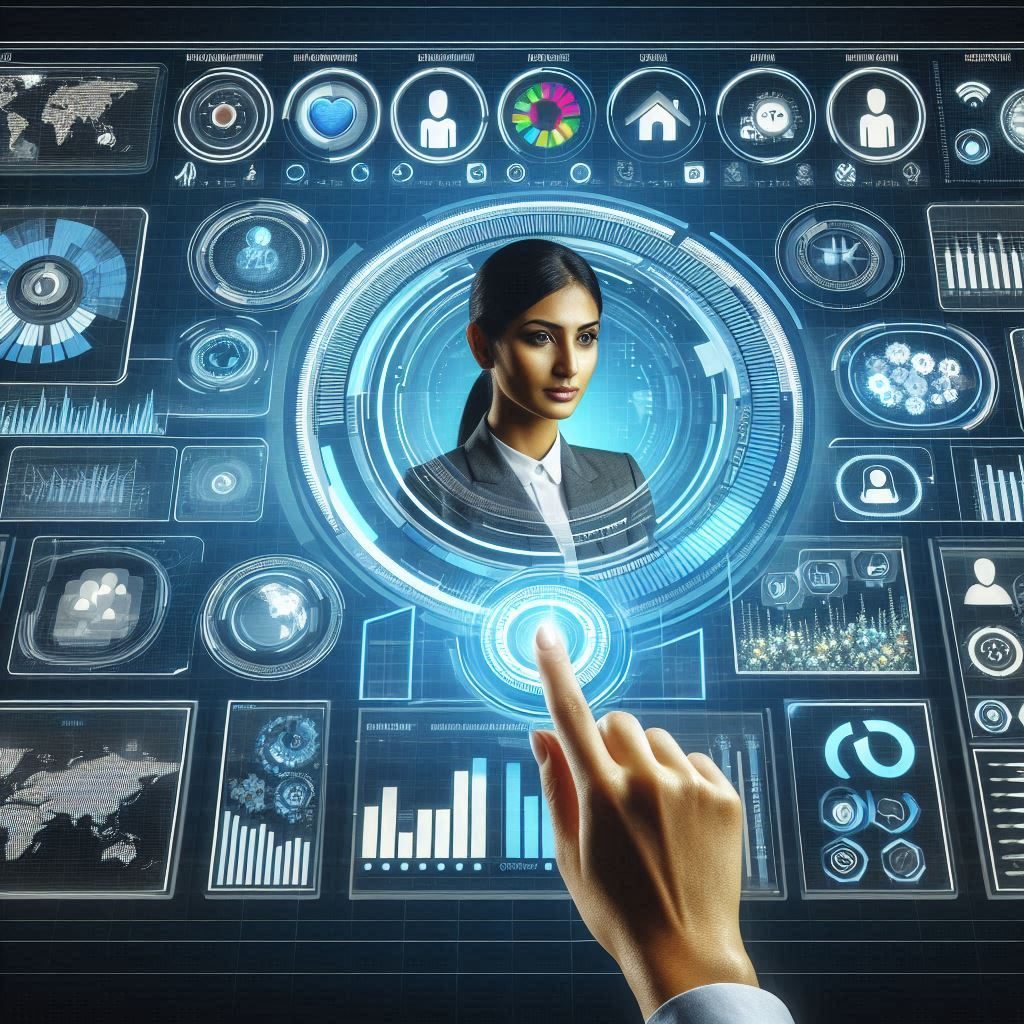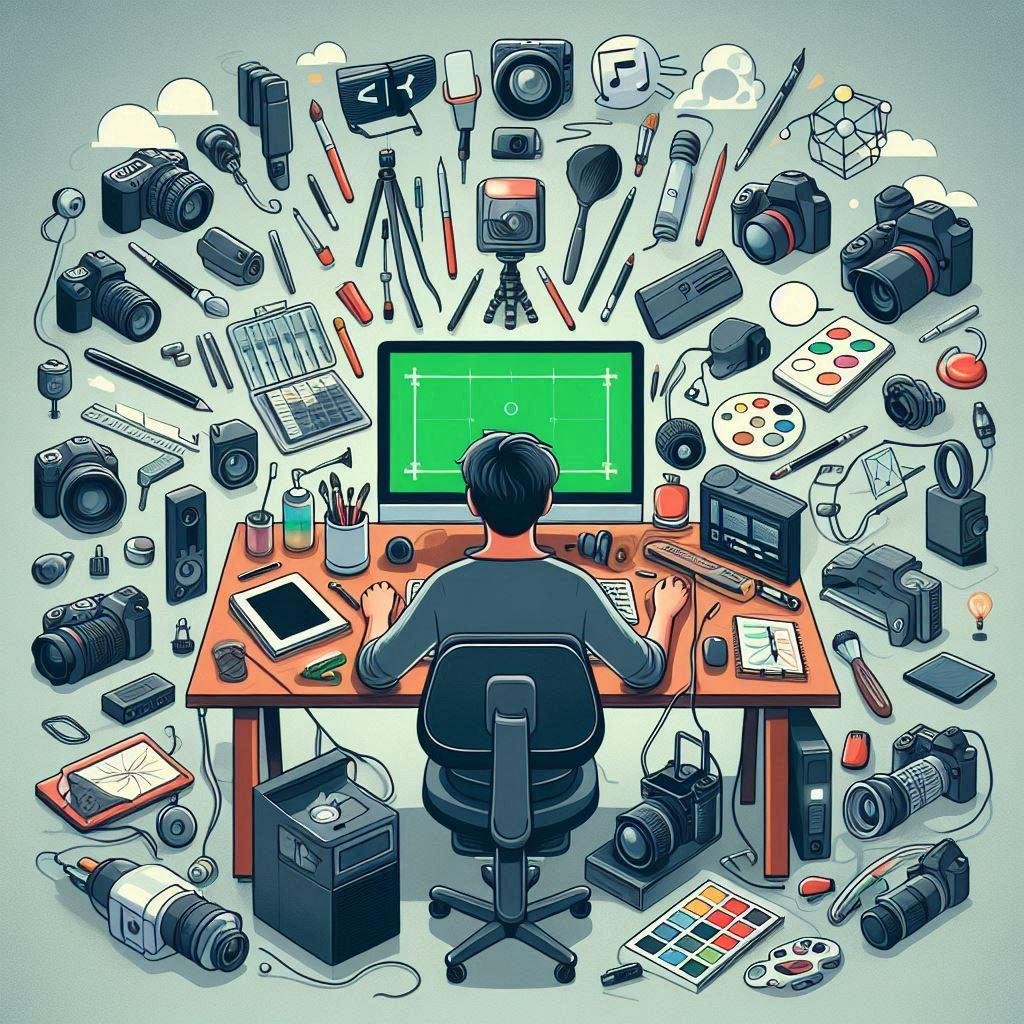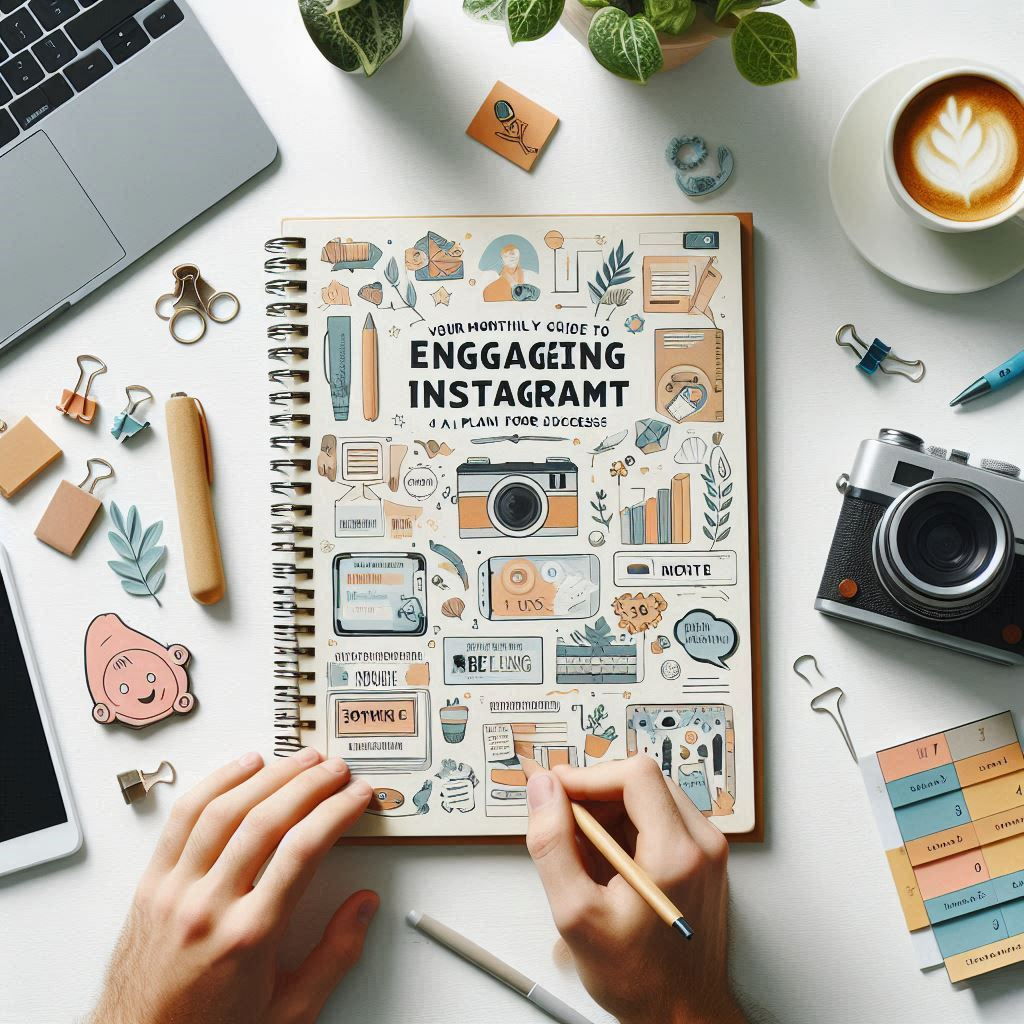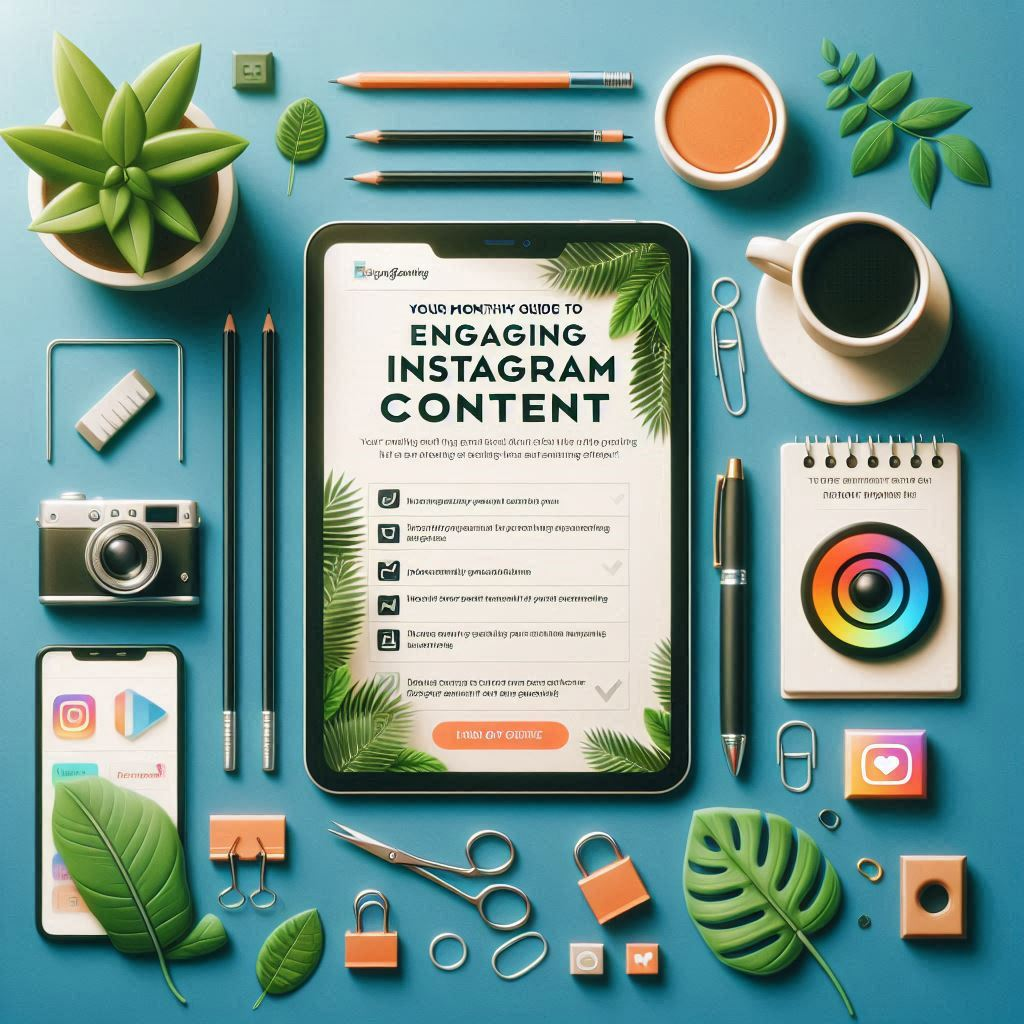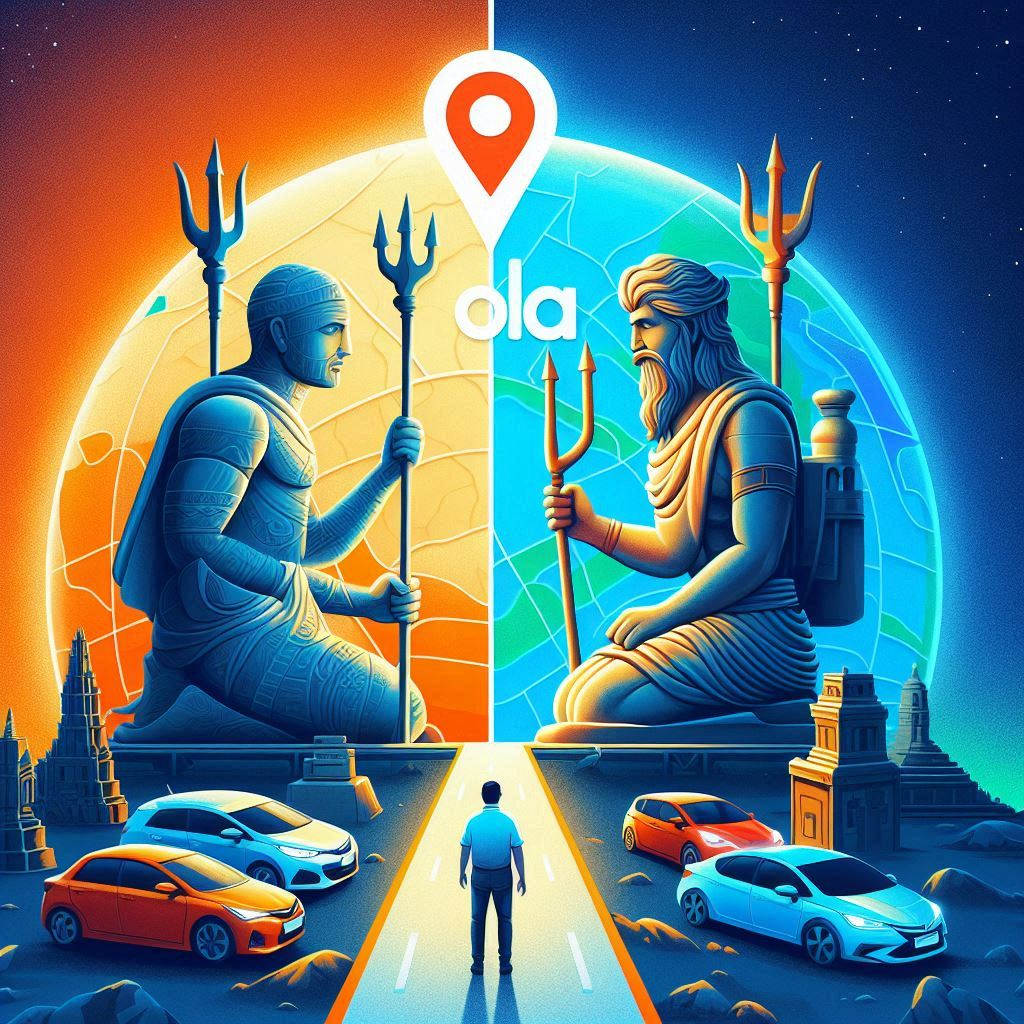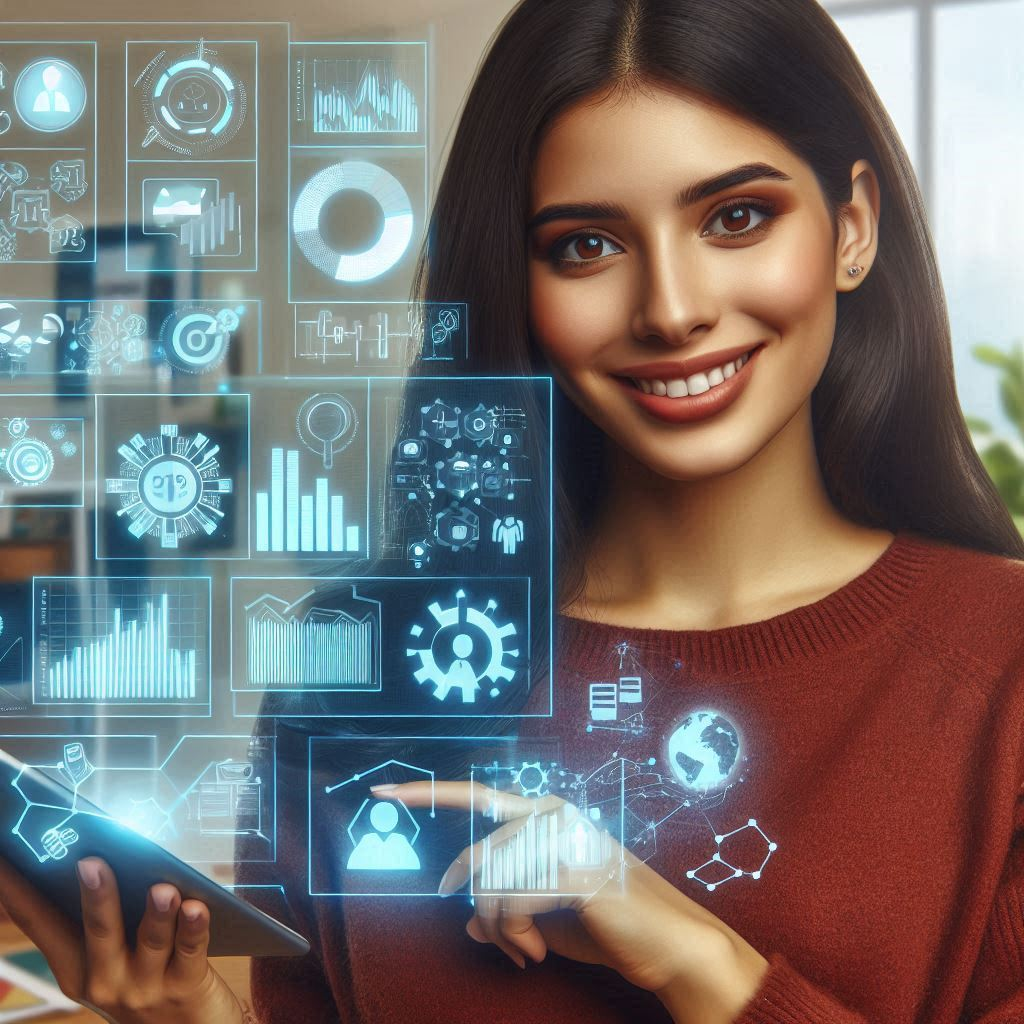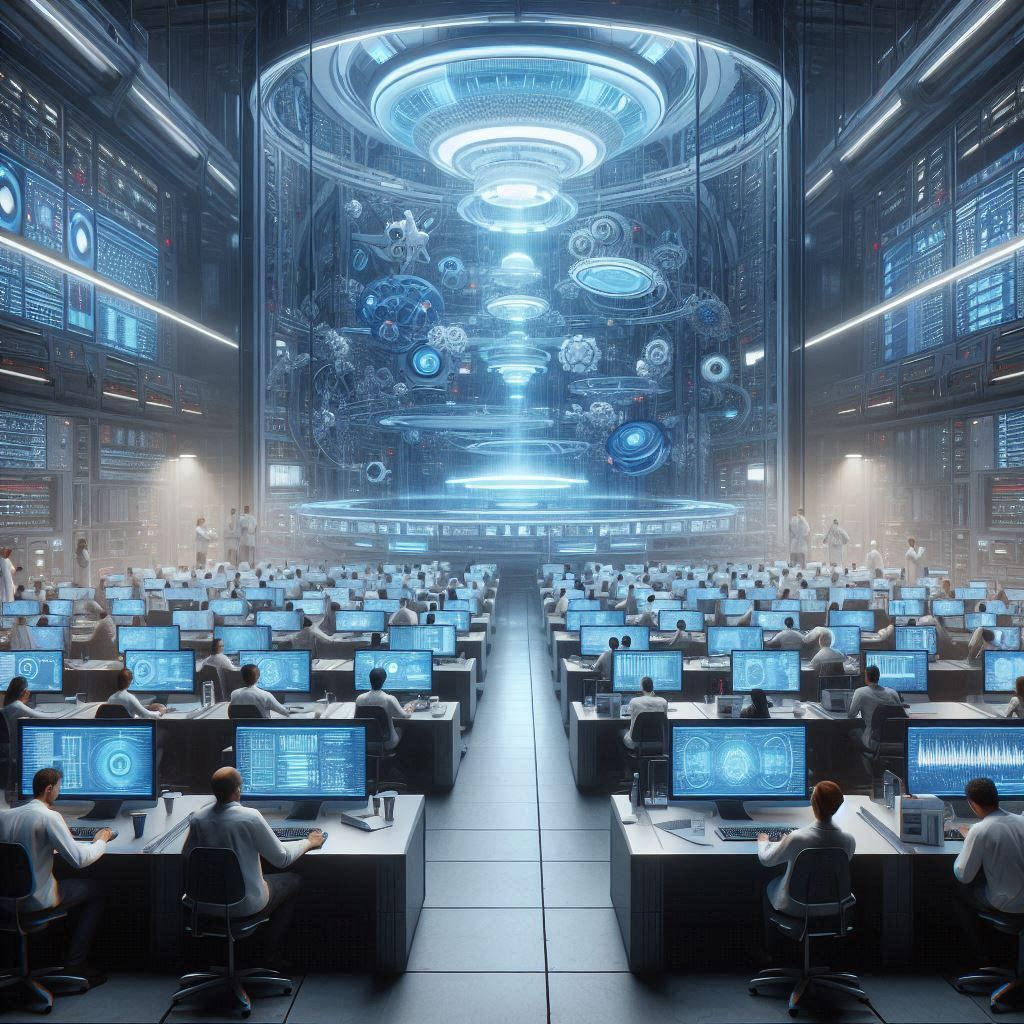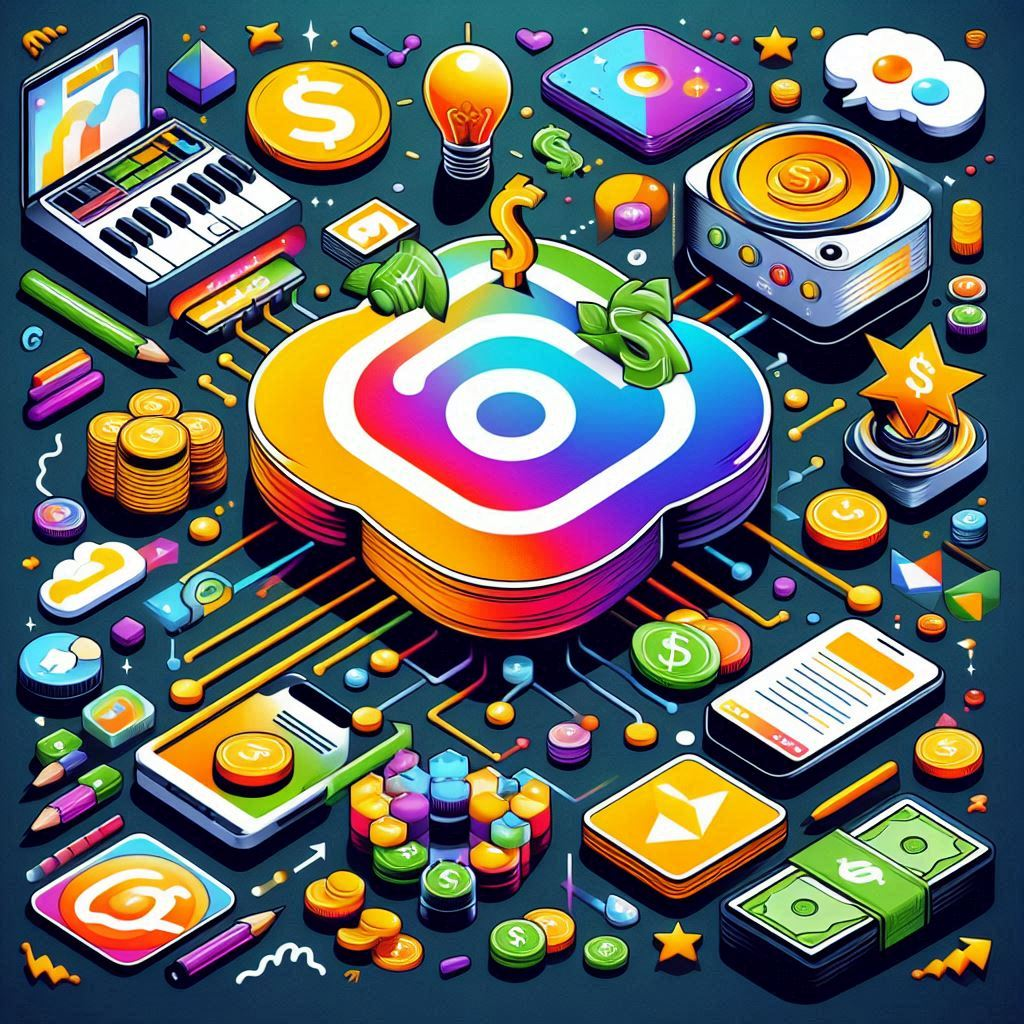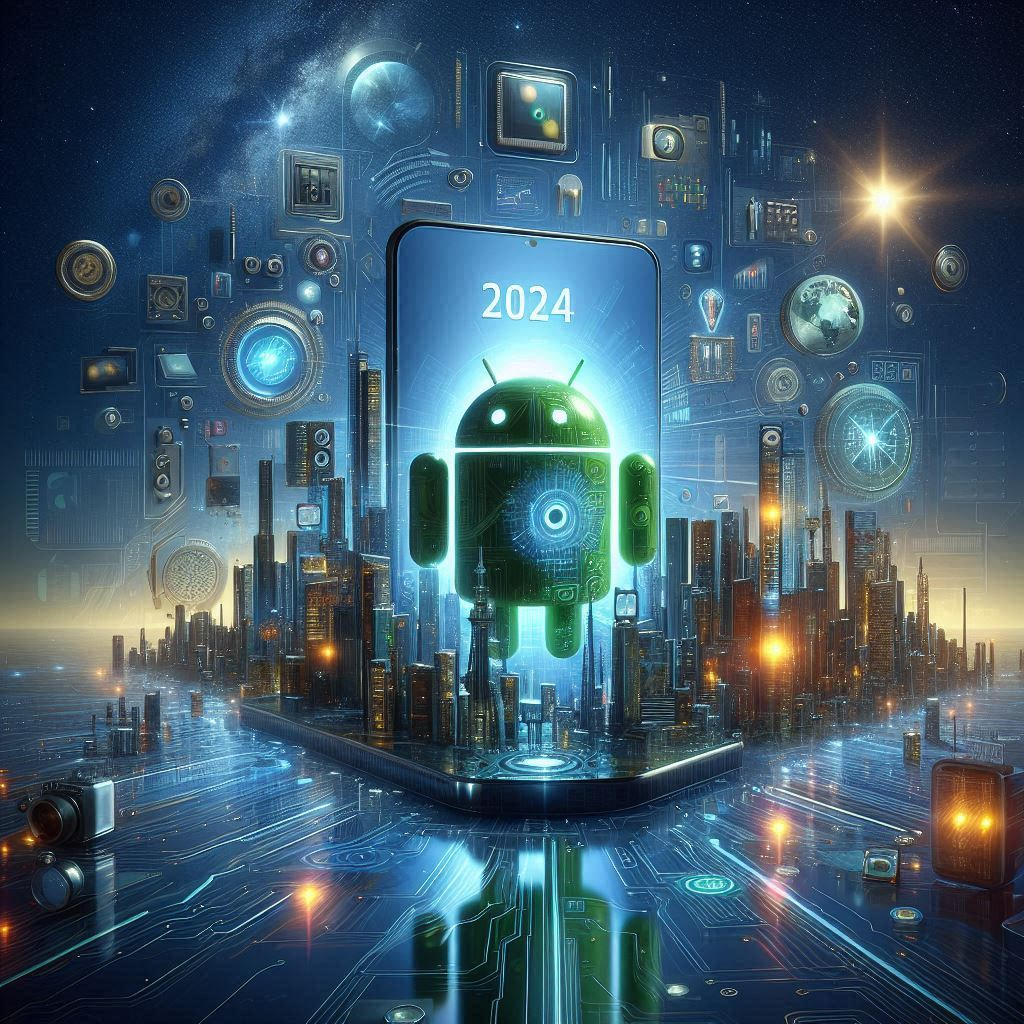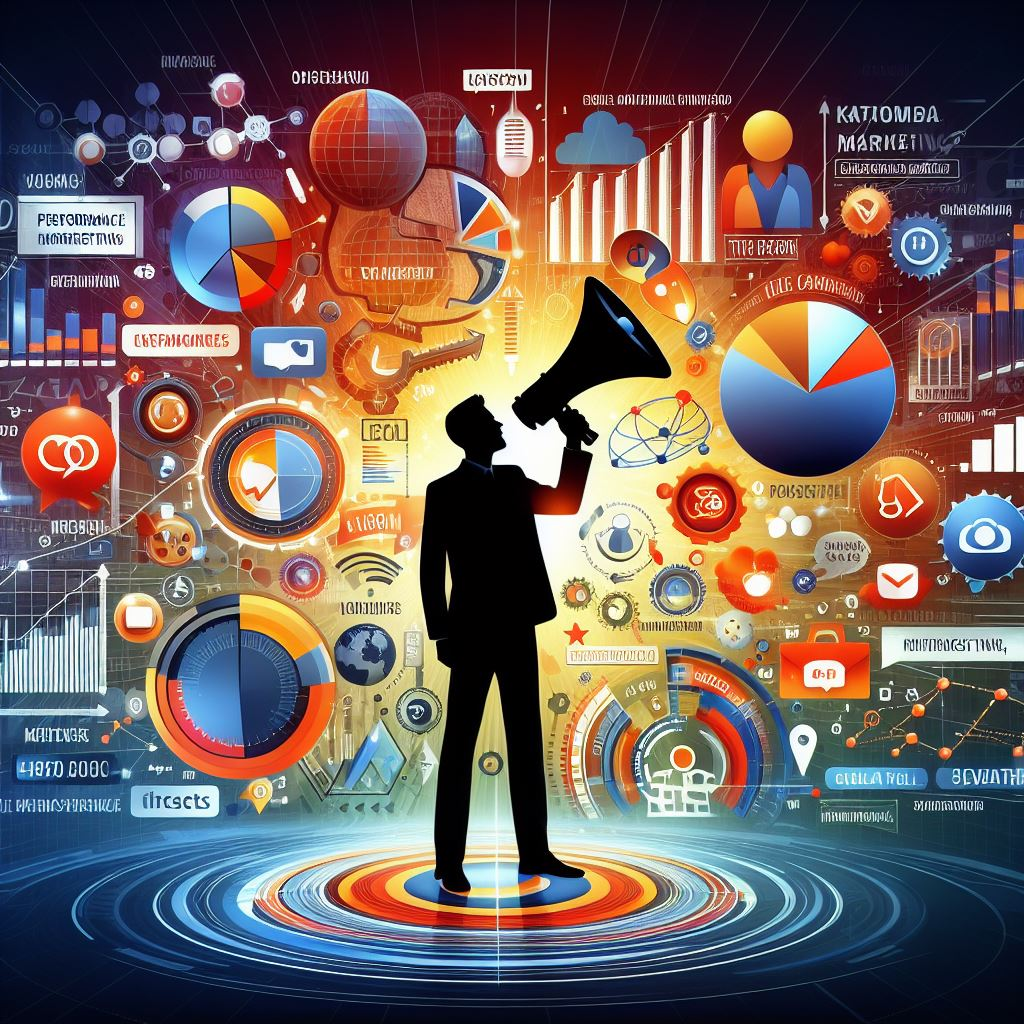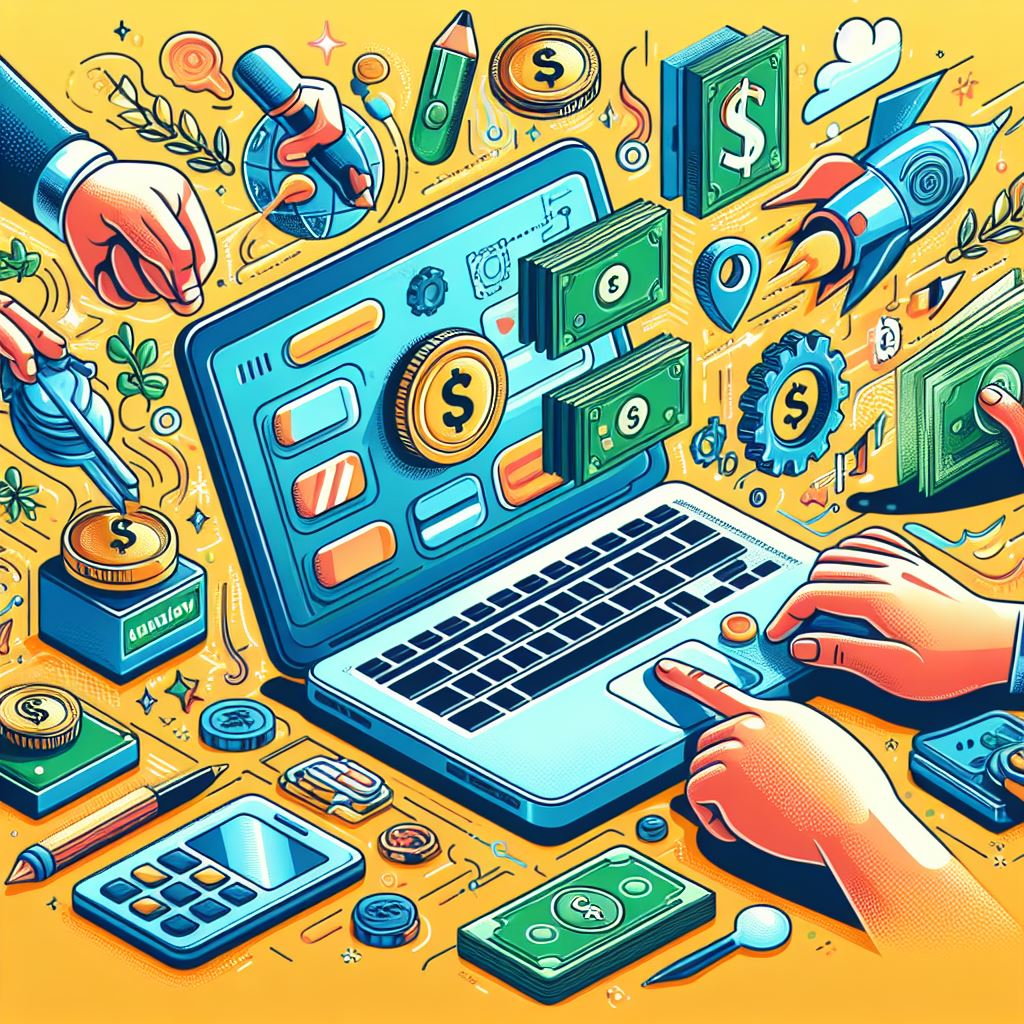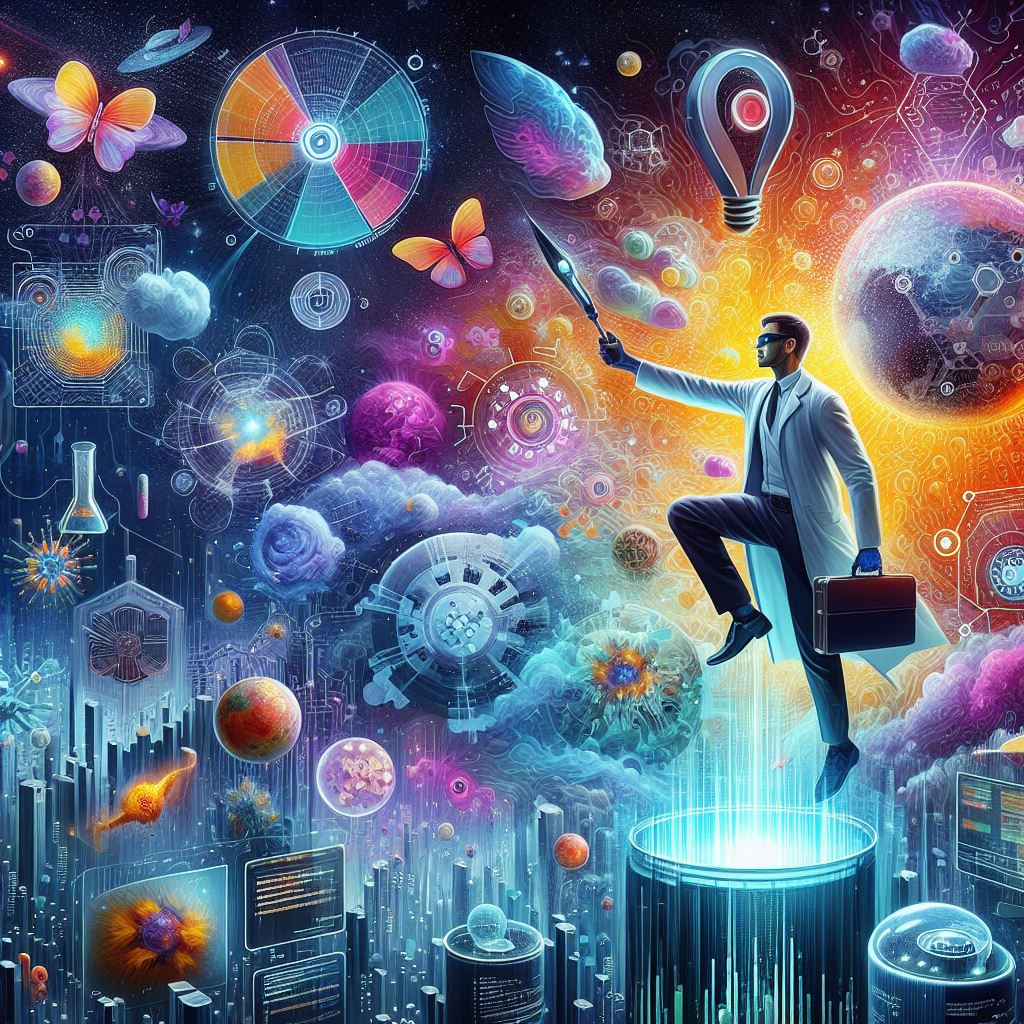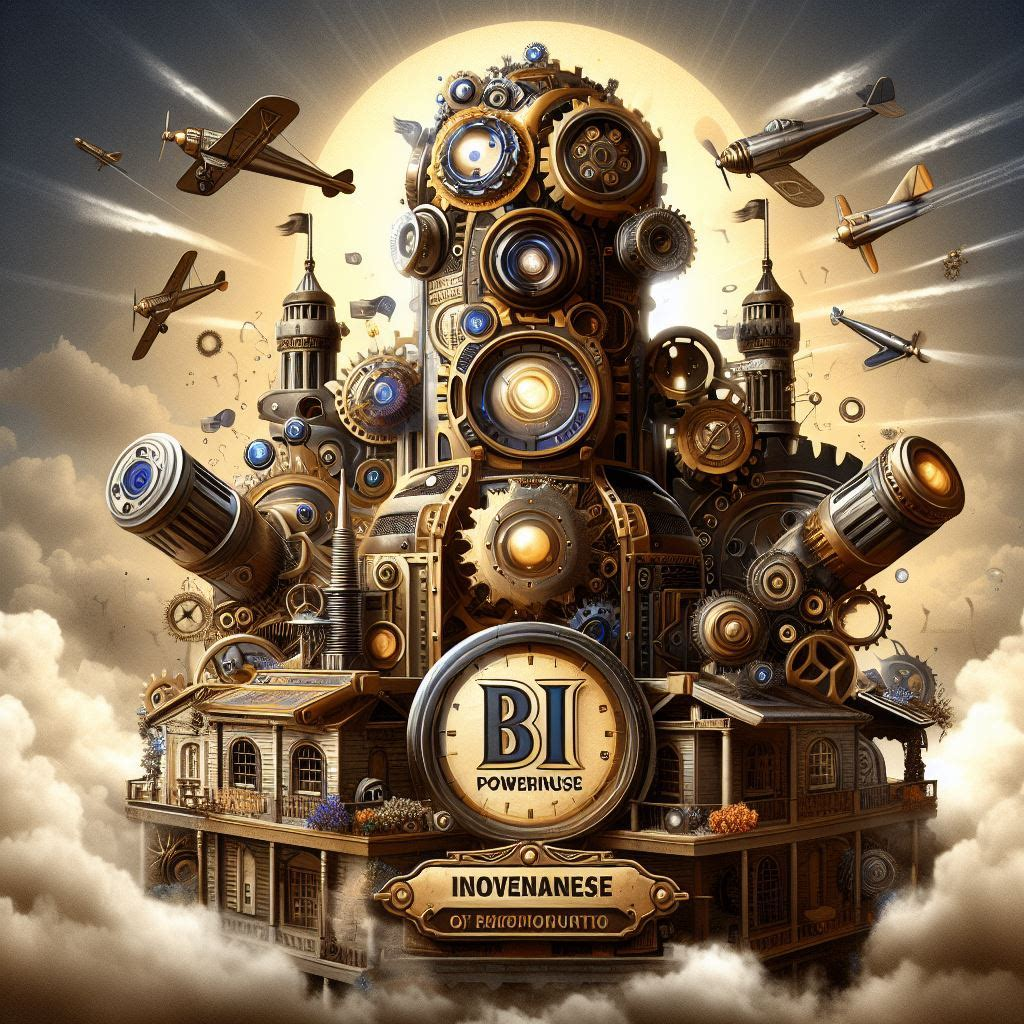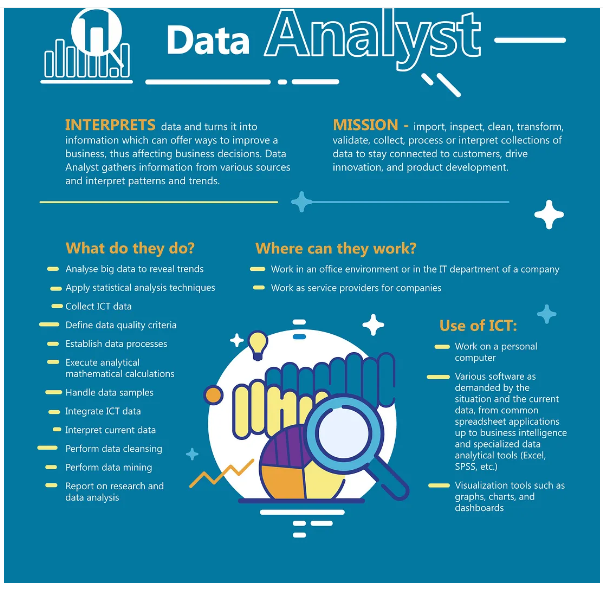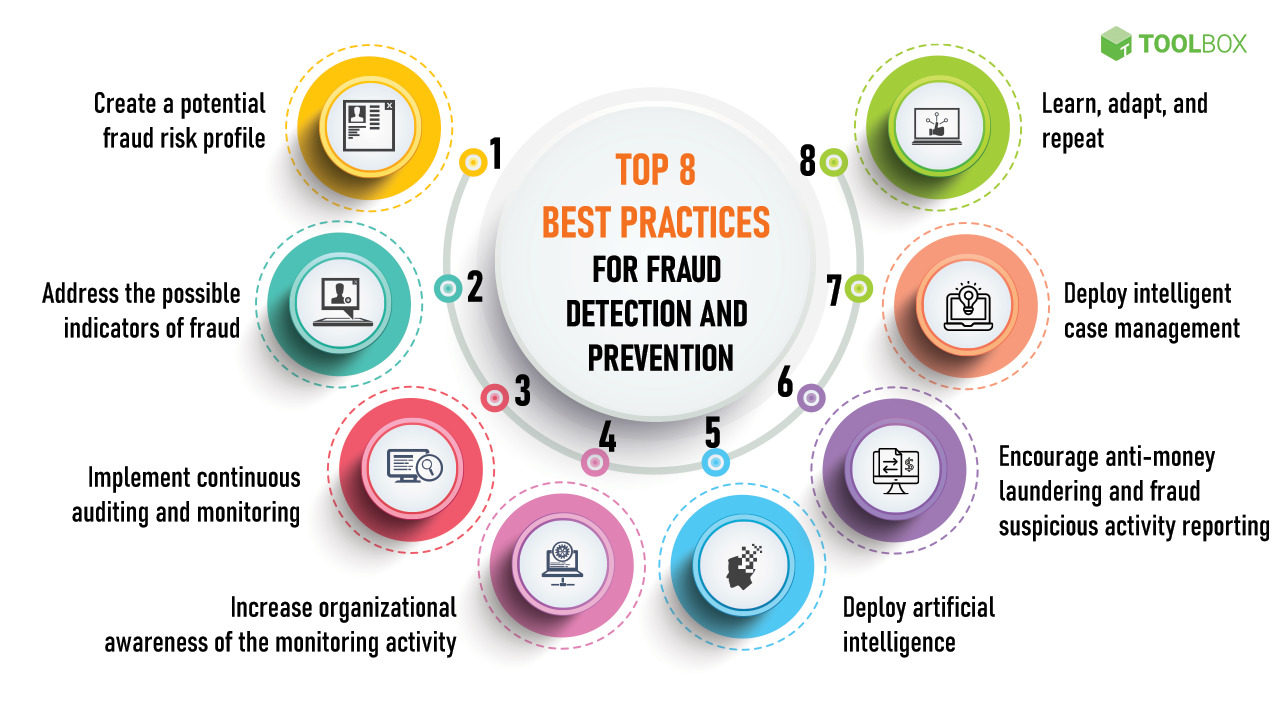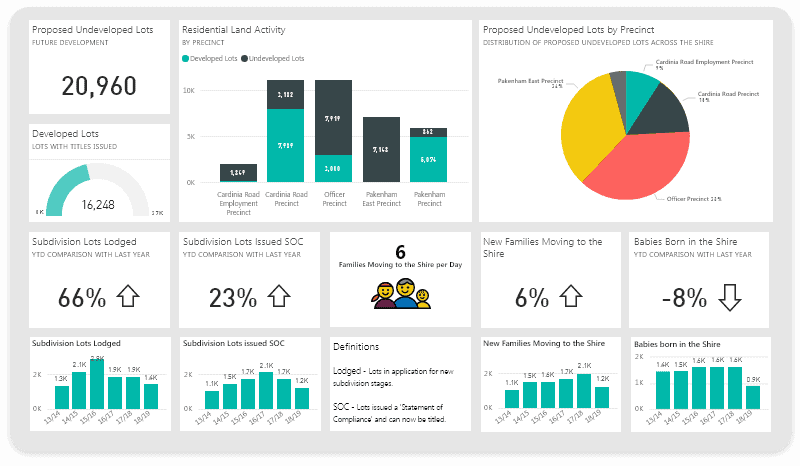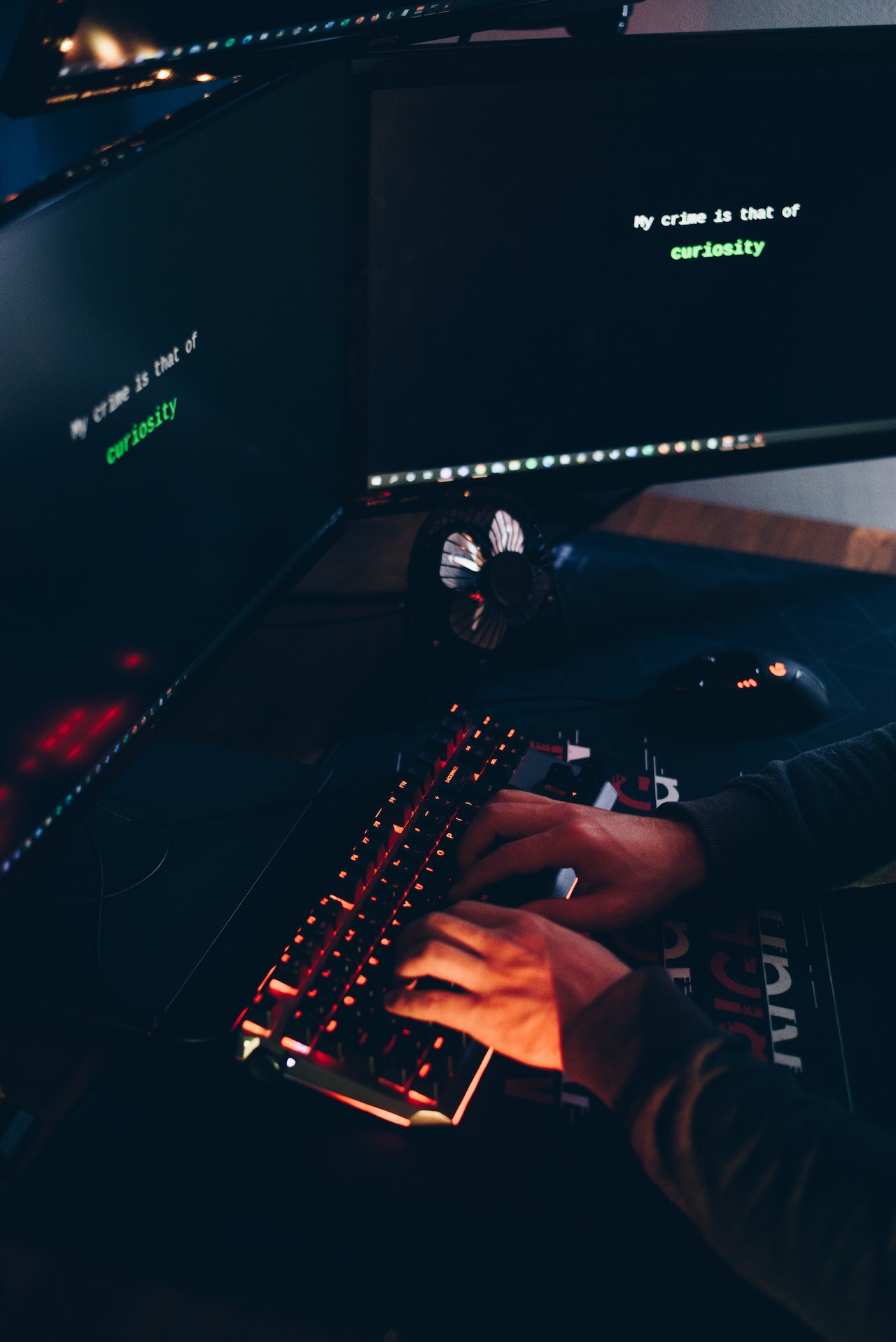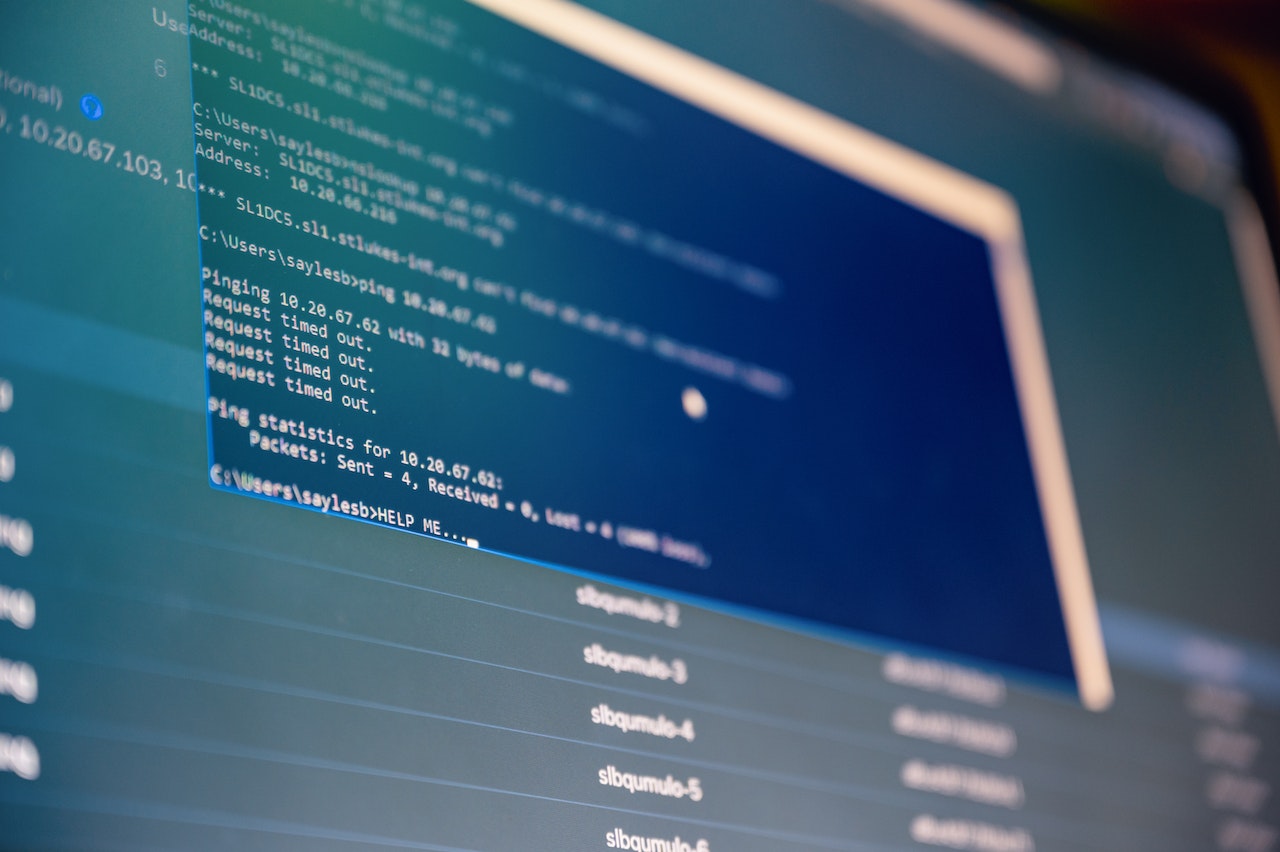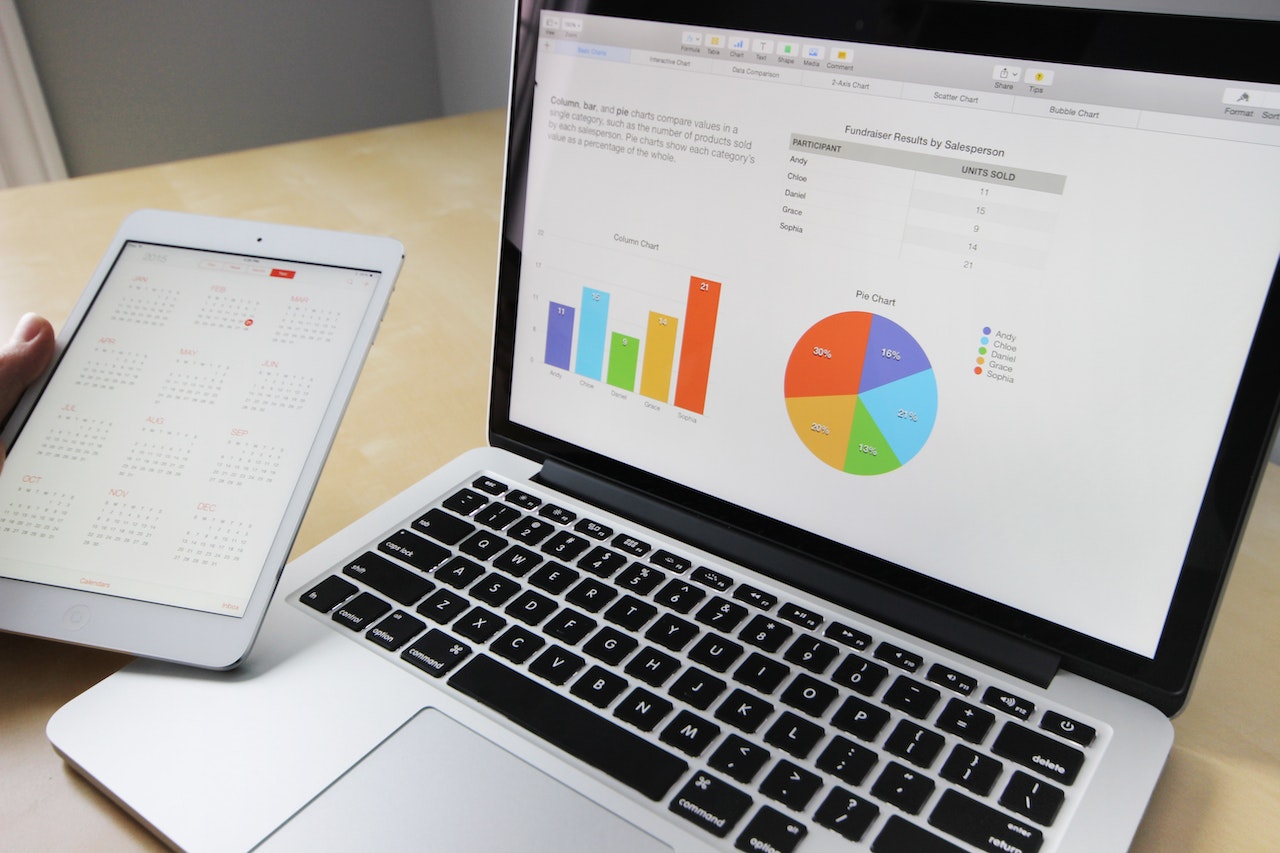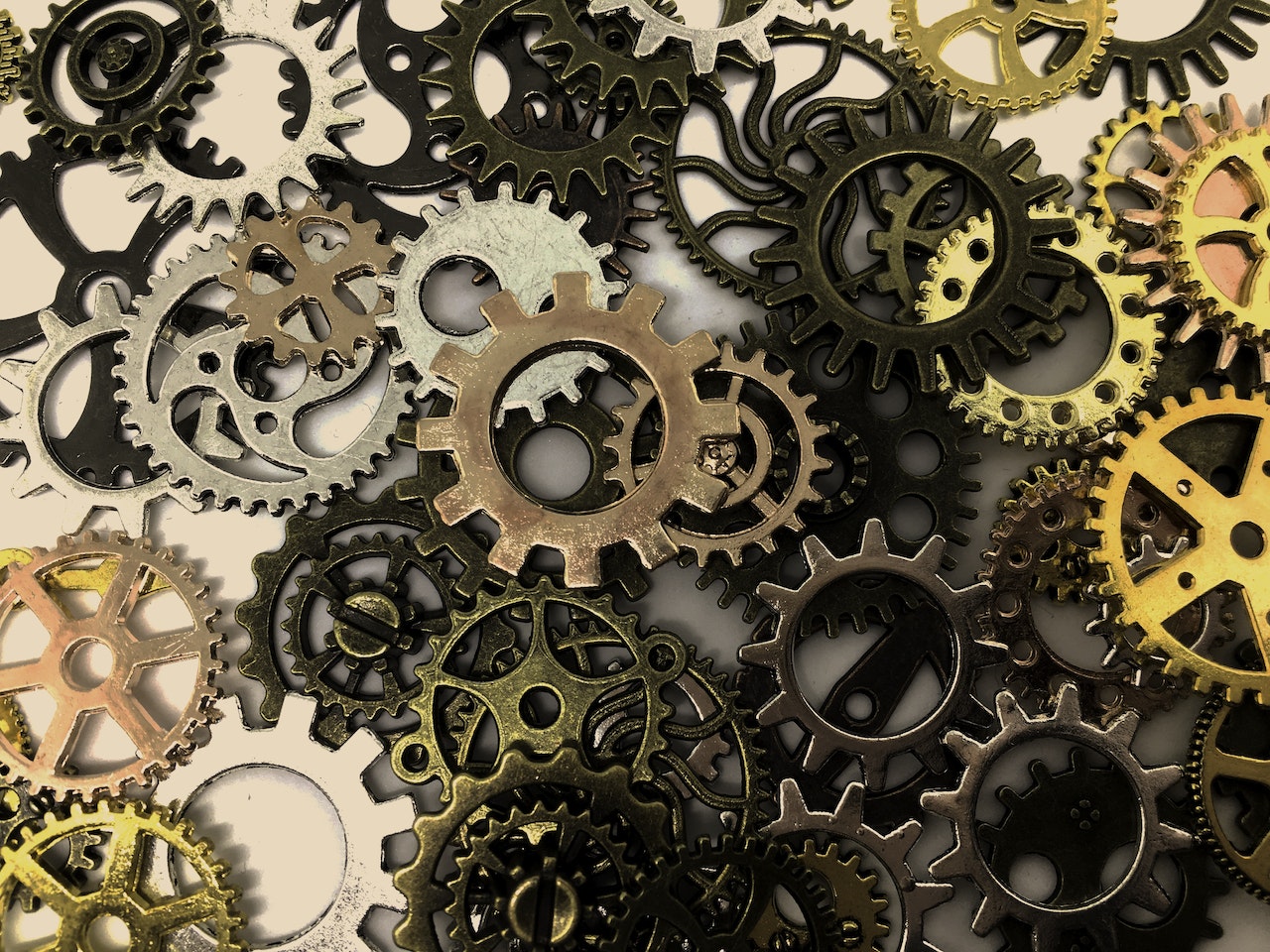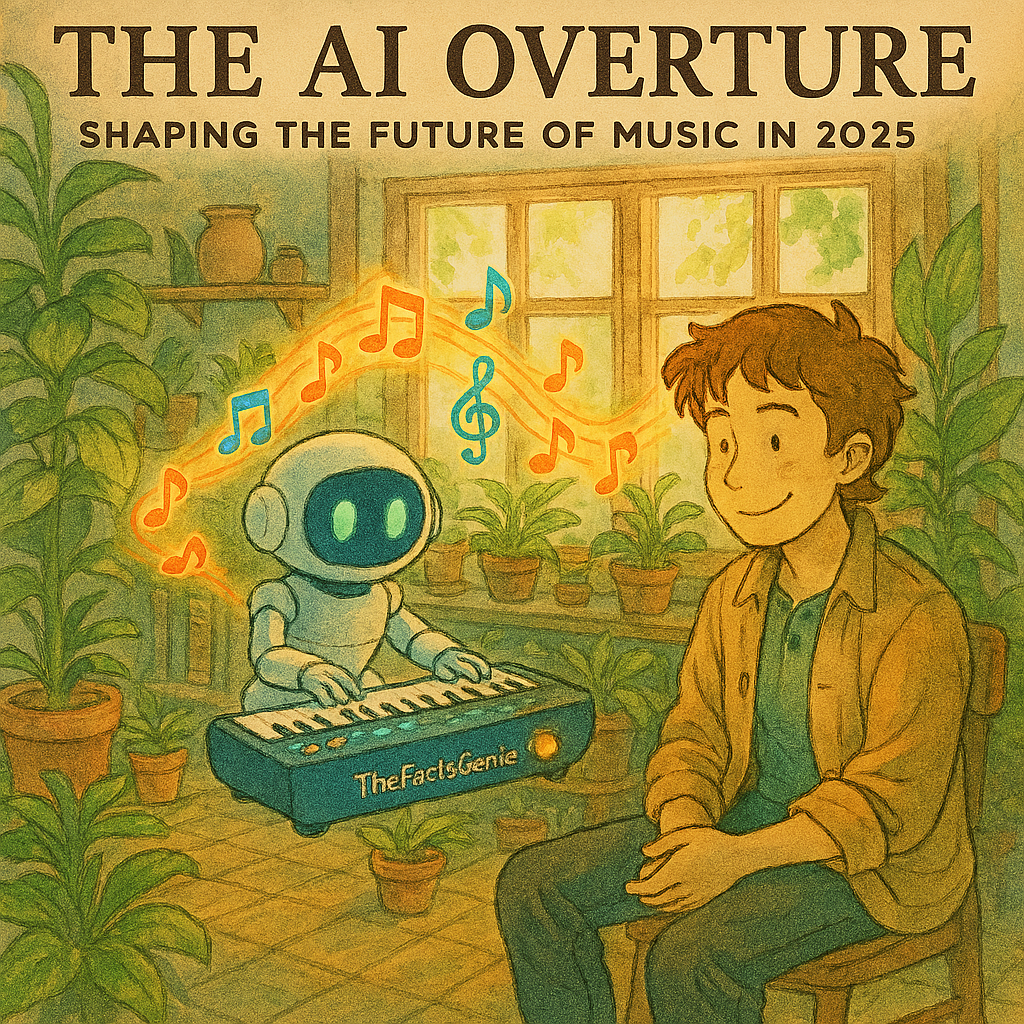
In 2025, artificial intelligence is no longer just a futuristic concept—it’s the conductor of a creative revolution in music. From generating melodies via platforms like Suno, Udio, and MusicLM to AI-enhanced production tools and even voice cloning controversies—AI is reshaping everything from composition to distribution. But with such power comes pressing questions about authenticity, copyright, and the evolving role of human artists.
The AI Overture: Shaping the Future of Music in 2025
The year 2025 marks a crescendo in the world of music, a year when the whispers of artificial intelligence have become a powerful, harmonious chorus. AI music generators are no longer a niche tool for tech-savvy producers; they are a disruptive force, a highly trending topic that is redefining the very essence of creativity. From bedroom artists to Hollywood composers, everyone is tuning in to the potential of these revolutionary tools. This isn’t just about creating a new sound; it’s about a fundamental shift in how we think about, create, and experience music. In this deep dive, we’ll explore every facet of this new era, from the core concepts to the career paths that are emerging in its wake.
At its core, an AI music generator is a sophisticated software system powered by machine learning and deep learning algorithms. It’s an engine that has consumed vast libraries of music—from classical symphonies to modern hip-hop—to understand the intricate patterns, rhythms, and emotional structures of sound. In 2025, these generators can produce far more than simple melodies. Platforms like Suno AI and Udio can create full, polished songs from a simple text prompt, including unique vocals and lyrics. They can mimic the style of a specific genre or artist, generate a royalty-free jingle for a video, or even assist a seasoned composer in crafting a complex arrangement.
These tools are seamlessly integrating into the creative workflow. Instead of being a separate, isolated tool, they are becoming integral parts of Digital Audio Workstations (DAWs) like Logic Pro and Ableton. AI assistants can now auto-mix tracks, correct vocal pitch, and even suggest new harmonies, all while the human artist focuses on the core creative vision.
1. Meaning
AI Music Generators are advanced software systems that use machine learning algorithms to compose, produce, and generate original musical pieces. They analyze vast datasets of existing music to learn patterns, melodies, and harmonies, enabling them to create new music based on user prompts, genre selections, or other creative inputs.
2. Description
In 2025, AI music generators have evolved far beyond simple melody creation. Modern tools can generate full songs complete with lyrics, vocals, and a variety of instruments. They are integrated directly into Digital Audio Workstations (DAWs) and production suites, acting as collaborative partners for human artists by handling tedious tasks like mixing and mastering, or assisting with creative blocks.
3. Importance
Their importance lies in democratizing music creation, making it accessible to a broader audience, including content creators, filmmakers, and non-musicians. They streamline production workflows for professionals, reduce costs, and accelerate the creative process, fundamentally changing how music is made and consumed.
4. Benefits
- Accessibility: Allows anyone to create music, regardless of musical training or skill.
- Speed: Generates musical ideas and complete tracks in a matter of seconds or minutes.
- Cost-Effectiveness: Reduces the need for expensive studio time, session musicians, and traditional licensing fees.
- Creative Assistance: Provides a new source of inspiration for artists and helps overcome creative blocks.
5. Advantages
- Rapid Prototyping: Quickly test musical ideas and arrangements without manual effort.
- Personalization: Creates dynamic, personalized music for a variety of applications, from video games to adaptive playlists.
- Royalty-Free Content: Many platforms offer royalty-free music, simplifying the licensing process for commercial use.
- Multi-Instrumental Generation: Creates complex arrangements with multiple instruments and tracks, all from a single prompt.
6. Dis-Advantages
- Lack of Originality: AI-generated music can sometimes sound generic, lacking the emotional depth and unique spark of human creativity.
- Ethical and Copyright Concerns: The legality and ethical implications of using music generated by AI models trained on copyrighted material are still a major debate.
- Job Displacement: Potential to displace roles for session musicians, jingle writers, and other creative professionals in the industry.
- Over-reliance: Artists may become too dependent on AI tools, potentially stifling their own creative development and skill.
7. Pros & Cons
Pros:
- Empowers creators of all skill levels.
- Accelerates music production workflows.
- Offers new creative avenues and tools.
- Can generate dynamic and personalized soundscapes.
Cons:
- Ethical and legal challenges regarding copyright and ownership.
- Potential for a lack of genuine emotional expression.
- Risk of devaluing human artistry and creative labor.
- The output can sometimes be uninspired or formulaic.
8. Why to Study
Studying this field is crucial because it is the future of music, media, and entertainment. It sits at the intersection of technology and art, offering a unique opportunity to build a career in a rapidly evolving, high-impact industry. It’s about shaping the tools that will define the next generation of creative expression.
9. How to Study
Start with a foundational understanding of computer science and music theory. Pursue courses in machine learning, deep learning, and digital signal processing. Gain hands-on experience by working with programming languages like Python and popular libraries like Librosa, and experiment with AI music generation tools to understand their mechanics.
10. Who can study
This field is ideal for a diverse group of individuals:
- Computer Science and Data Science students with a passion for music.
- Musicians and sound engineers who want to integrate technology into their workflow.
- Software developers and AI/ML engineers looking to apply their skills in a creative industry.
- Entrepreneurs and product managers interested in building the next generation of creative tools.
11. Eligibility
A Bachelor’s degree in Computer Science, Data Science, or a related field is a strong starting point. For specialized roles, a Master’s degree in AI, Machine Learning, or Music Technology is highly advantageous. A solid portfolio of projects is often more important than formal education.
12. How a Fresher can achieve career in this
A fresher can enter this field by:
- Building a strong portfolio of projects that demonstrate their ability to use AI for music-related tasks.
- Contributing to open-source music generation projects.
- Taking relevant online courses and obtaining certifications in AI/ML.
- Applying for entry-level roles like Junior AI Engineer, Data Analyst, or Product Associate at music tech startups or established companies.
13. What Certifications needed
Certifications that blend technical AI knowledge with a creative application are best. Some valuable certifications include:
- IBM AI Engineering Professional Certificate: Covers foundational AI and engineering principles.
- Google Cloud Professional Machine Learning Engineer: Focuses on building and deploying ML solutions in the cloud.
- Berklee Online’s “AI for Music” Courses: Specialized courses that apply AI principles directly to music production.
- Andrew Ng’s Deep Learning Specialization: A gold-standard program for deep learning concepts.
14. How one can get certified with respective Hyperlinks
You can get certified by following a learning path on platforms like Coursera, edX, or the respective cloud provider’s training portal.
Hyperlinks for Certifications:
- IBM AI Engineering Professional Certificate on Coursera
- Google Cloud Professional Machine Learning Engineer
- Andrew Ng’s Deep Learning Specialization on Coursera
- Berklee Online Courses (search for AI/Music)
15. Scope
The scope is vast. AI music generators are being used in film and video game scoring, advertising jingles, podcast theme music, and personalized fitness soundtracks. The market is projected to grow exponentially, creating new roles and business models.
16. Future of this
The future of this field is highly collaborative. AI will not replace human artists but will become an indispensable tool, much like the synthesizer or the DAW. We can expect more sophisticated models that understand emotional context, better legal frameworks for copyright, and new forms of creative expression that blend human and machine intelligence.
17. Salary structure in India as per experience
Salaries for AI/ML and Generative AI roles in India are highly competitive.
- Fresher (0-2 years): ₹5,00,000 to ₹10,00,000 per annum.
- Mid-Level (3-5 years): ₹10,00,000 to ₹20,00,000 per annum.
- Senior-Level (5+ years): ₹20,00,000 to ₹40,00,000+ per annum.
18. Salary structure in Abroad as per experience
Salaries for Generative AI professionals in the U.S. and other developed countries are among the highest in the tech industry.
- Entry-Level (0-2 years): $90,000 to $120,000 per annum.
- Mid-Level (3-5 years): $120,000 to $155,000 per annum.
- Senior-Level (5+ years): $155,000 to $250,000+ per annum.
19. Final Decision/Verdict
AI music generators are a disruptive yet incredibly exciting technology. While they pose real challenges to the traditional music industry, their ability to democratize creation and accelerate production is a net positive. The key is to develop ethical guidelines that foster human-AI collaboration rather than competition.
20. SWOT Analysis
- Strengths: High efficiency, accessibility, and creative versatility.
- Weakness: Potential for unoriginal or formulaic output, and a lack of emotional nuance.
- Opportunities: New markets for personalized music, tools for non-musicians, and innovative forms of art.
- Threats: Copyright litigation, job displacement, and the devaluing of human creative skills.
21. Advice
Embrace AI as a tool, not a crutch. The most successful professionals will be those who use AI to enhance their own creative abilities and build unique, emotionally resonant musical experiences.
22. Why this is very craze
The “craze” is driven by the magic of turning a simple text prompt into a full, high-quality song. It’s the ultimate democratization of a creative process that was once reserved for a select few. The ability to instantly create music for a video, a game, or just for fun is a powerful and addictive experience.
23. Any Health Obligations
Professionals should be mindful of auditory health and avoid prolonged exposure to loud volumes. Like other tech roles, maintaining a healthy work-life balance and managing screen time is crucial to prevent burnout.
24. Where can I see myself after five years in this Carrer
After five years, you could be a Lead AI Music Designer at a major music tech company, an AI Audio Product Manager shaping the next generation of creative tools, or a successful AI-Assisted Composer working on film scores and video game soundtracks.
25. How can I prepare to become for this
- Learn the fundamentals: Master Python, music theory, and core AI/ML concepts.
- Build a portfolio: Develop small-scale projects that generate unique melodies or beats.
- Stay current: Follow the latest research from Google DeepMind, OpenAI, and other leaders in the field.
- Network: Engage with the AI music community on social media and professional platforms.
26. Suggestions
Don’t just use the tools; learn how they work under the hood. The real value is in understanding the algorithms and how to fine-tune them to produce a desired creative result.
27. Any other Opinions
Many artists believe AI will force a redefinition of what “art” truly is, emphasizing the value of human curation, context, and emotional intent over the technical act of creation.
28. If I am fit and qualified how to apply for this job, share respective email id
Job applications are not handled via a single email. You must search for open positions on company career pages and professional networking sites. Look for roles with titles like “AI/ML Engineer,” “Audio Engineer,” “Data Scientist,” or “Product Manager” and apply through their official portals.
29. Companies that will Offer for the Qualified and Achieved Certifications in India and Abroad
In India:
- Suno AI (R&D)
- Beatoven.ai
- Wipro (AI division)
- TCS (AI division)
- Infosys (AI division)
Suno AI (R&D) — Suno builds generative music/voice models; they recruit engineering and research talent and have public company/about/careers pages. Good fit if your cert/portfolio includes audio ML or generative models. Sunojobs.lsvp.com
Beatoven.ai — India-based music-AI startup focused on royalty-free/creator music; a strong match for creators/engineers with audio ML, music tech or creative-AI experience. Beatoven+1
Wipro (AI division / ai360) — Large IT services employer with an AI practice (ai360) — hires across engineering, data science, MLOps and consulting; certifications (cloud/ML) help when applying for specialized AI roles. Wipro Careers+1
TCS (AI division) — Global IT services giant with structured hiring, training and entry-level programs; TCS runs internal reskilling & AI initiatives (good for certified candidates who want enterprise roles). TCS+1
Infosys (AI division) — Another large IT/consulting employer with AI practice and ongoing hiring; they run AI labs and learning programs — certifications + demonstrable projects are valued. Infosys
Abroad:
- Suno AI
- Udio
- ElevenLabs
- Soundraw
- Google DeepMind
- Meta AI
- Stability AI
- Adobe
- Microsoft (Azure AI)
Suno AI — (global) AI music product; good for R&D / applied audio research roles. Suno+1
Udio — AI music generator (creator-focused); good for audio-ML/product roles at startups. Udio
ElevenLabs — Leading synthetic voice / audio-AI company; they hire globally — strong match for voice/ML engineers and applied research roles. ElevenLabs
Soundraw / SOUNDRAW — AI music product; hiring/roles in product, ML and audio engineering. Good for production-grade audio ML experience. Soundraw
Google DeepMind (and Google / Vertex AI) — research + production ML at the top end; certifications alone won’t replace research publications, but Google Cloud certifications (Vertex AI) are highly relevant for production ML roles. Google CloudGoogle Services
Meta AI — large research & applied AI organization; hires research scientists and engineers — strong competition but very high impact. (careers pages available on Meta.) Business Insider
Stability AI — diffusion models / generative image & multimodal labs; good fit for generative-model experience. (company site / careers available.) Wipro
Adobe (AI/Firefly) — creative-AI and production products; good for ML engineers, applied research, and product roles. Wipro
Microsoft (Azure AI) — enterprise AI + Azure ML; Azure certifications and Microsoft-Azure experience are directly valuable for cloud/ML roles. Amazon Web Services, Inc.
30. Parameters Comparison
Content Structure & Suggestions for Speed Indexing
Suggested Outline:
-
Introduction: The New Overture
-
AI as both tool and collaborator, democratizing music creation SoundverseYapsody.
-
-
AI Tools Redefining Creativity
-
Platforms like Suno, Udio, MusicLM, Magenta, MuseNet, AIVA WikipediaYapsodySoundverse.
-
-
Human + AI: Collaboration, Not Replacement
-
AI as creative assistant, not replacement; augmentation over automation SAE InstitutePRS for MusicTechRadarSoundverse.
-
-
Ethical and Legal Challenges
-
Industry Backlash and Balanced Adoption
-
Need for ethical frameworks (PRS principles) and cautious, human-centered deployment PRS for MusicMusicRadar.
-
-
The Future: Hybrid Creativity
-
AI doesn’t replace souls—it frees artists to focus on vision, emotion, storytelling YapsodySoundverseTS2 Space.
-
-
Conclusion: The Human-AI Symphony
-
Embrace AI with critical awareness: watch for ethical tools, human oversight, transparency.
-
Practical advice
-
Match skill → role: Audio-AI roles (Suno, Beatoven, ElevenLabs, Soundraw, Udio) value audio signal processing, ML for audio, and portfolio demos (real clips, models, code). Use Hugging Face and Google/AWS labs to demonstrate model deployments. BeatovenElevenLabs
-
Enterprise IT roles (Wipro/TCS/Infosys): certifications (cloud + ML) + strong system design / MLOps examples speed up screening. Apply through corporate careers pages and internal reskilling programs. Wipro CareersTCSInfosys
-
For research roles (DeepMind, Meta AI): publishable research, strong math/ML background and code are more important than vendor certs — but cloud/engineering certs are still useful for applied engineering roles. Google ServicesBusiness Insider
Tags & Hashtags
Tags: AI music, music industry trends, music technology, AI songwriting, creative AI
Hashtags: #AIMusic #MusicTech #AI2025 #FutureOfMusic #CreativeAI
⚠️ Disclaimer & Caution Notice
The information presented in this article, “The AI Overture: Shaping the Future of Music in 2025,” is intended solely for educational and illustrative purposes, reflecting insights into AI, music technology, and creative trends available up to July 2025. The content provided is based on industry observations, publicly available reports, and expert commentary, and is not an endorsement or official statement from any specific product or company.
Important Points to Consider
- Educational and Illustrative Only: The content here demonstrates conceptual frameworks, emerging trends, and potential applications of AI in music. It should not be interpreted as specific creative, financial, or legal advice.
- Subject to Rapid Change: The field of AI music generation is evolving at an exceptionally fast pace. New tools, legal precedents, and industry standards—especially concerning copyright and licensing—may change significantly after the date of publication. Always verify the recency and applicability of any information before acting.
- Generalizations and Estimates: Any creative or financial benefits described, such as speed of creation or cost savings, are generalized examples. Actual outcomes will vary dramatically based on the specific AI tool used, user skill, creative input, and project scope.
- Not Endorsed or Guaranteed: The author, publisher, and any associates/team at www.TheFactsGenie.com do not guarantee specific creative results or commercial success. We disclaim all responsibility for any decisions or consequences arising from the use of information provided herein.
- No Technology is Infallible: While AI music generators offer significant creative potential, they are subject to limitations, including a potential lack of originality and emotional nuance. All creative work should involve thorough review, validation, and human oversight.
- Copyright and Intellectual Property: The legal landscape around AI-generated music is complex and contentious. As of 2025, there are ongoing lawsuits and legal rulings globally, with a key point of contention being whether AI-generated works can be copyrighted without “meaningful human contribution.” It is the user’s sole responsibility to understand and comply with the terms of service of any AI music tool and to ensure that their work does not infringe on existing copyrights.
- Not Legal or Professional Advice: Nothing in this article should be construed as legal, financial, or professional advice. For matters related to copyright, licensing, or commercial use, consult a qualified legal professional.
- User Responsibility: Readers are encouraged to conduct independent research and exercise due diligence before creating or monetizing any music with AI tools. Adoption should be evaluated for personal creative goals, ethical considerations, and operational needs.
- Context and Credibility: Interpret all recommendations in light of the publication date, the author’s perspective, and the technological environment at the time of writing.
By reading and applying the contents of this article, you acknowledge and agree that you bear sole responsibility for any outcomes associated with your use of AI music generators or related creative technologies.




